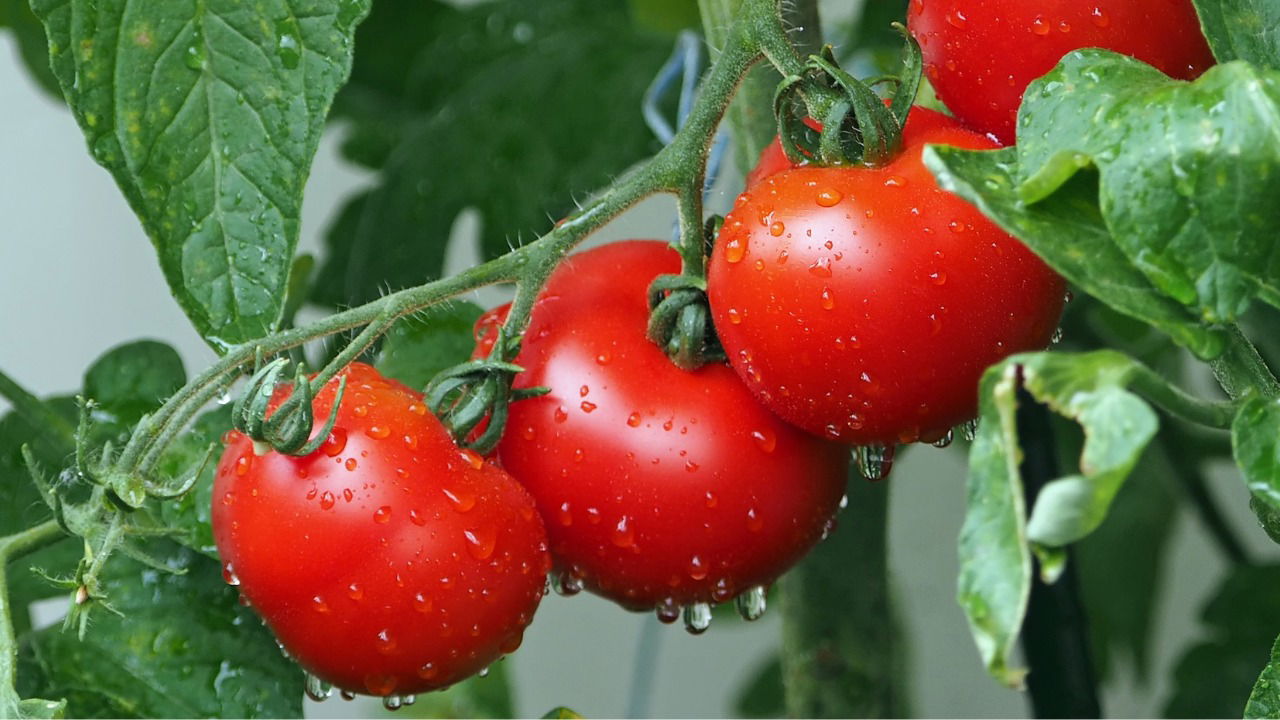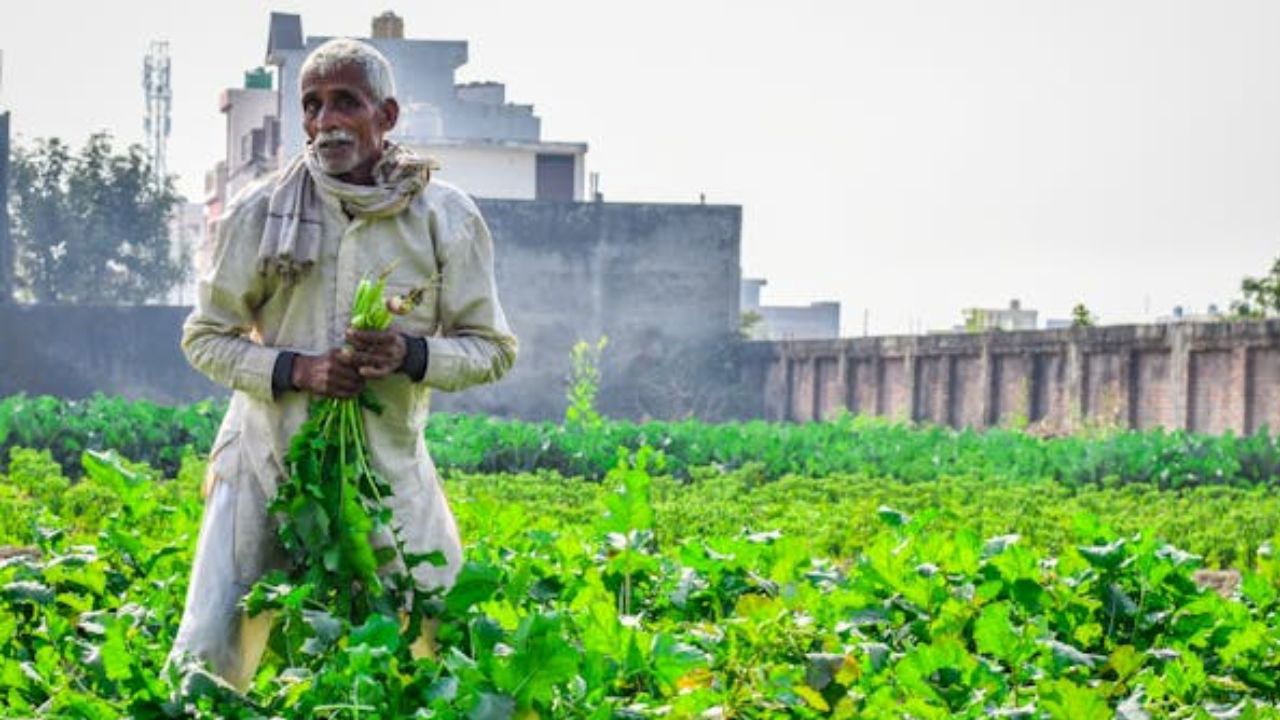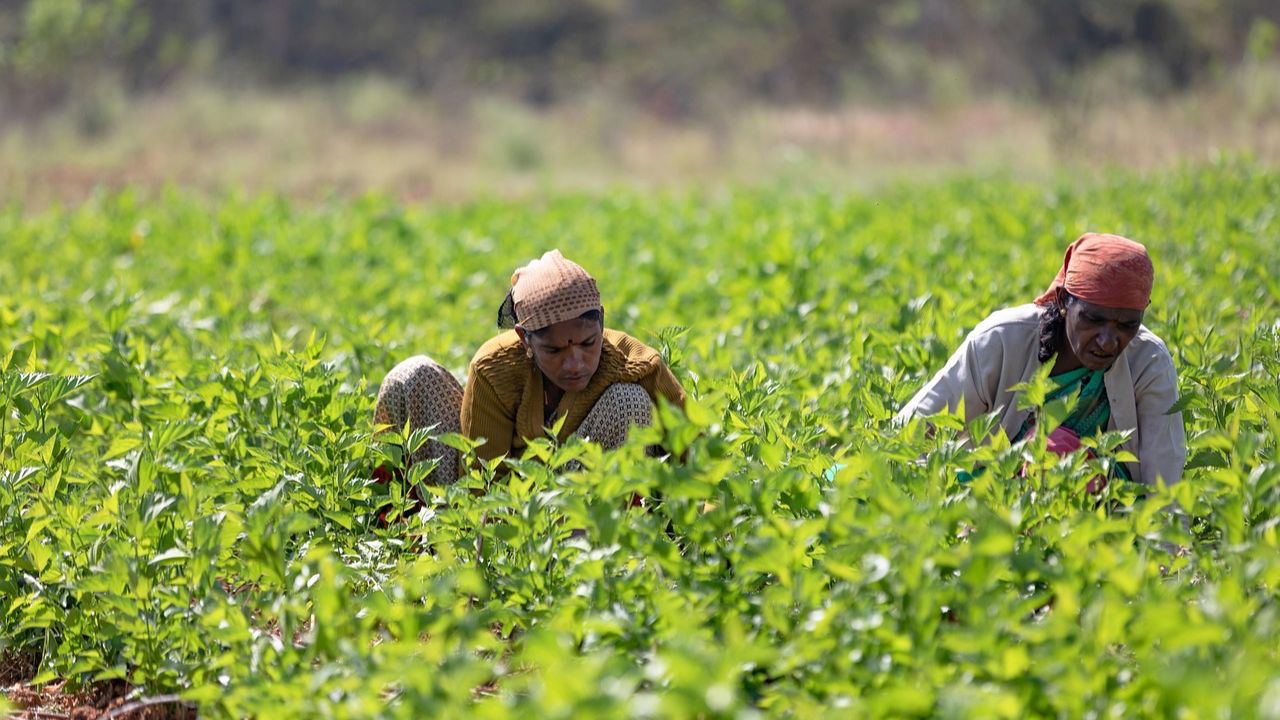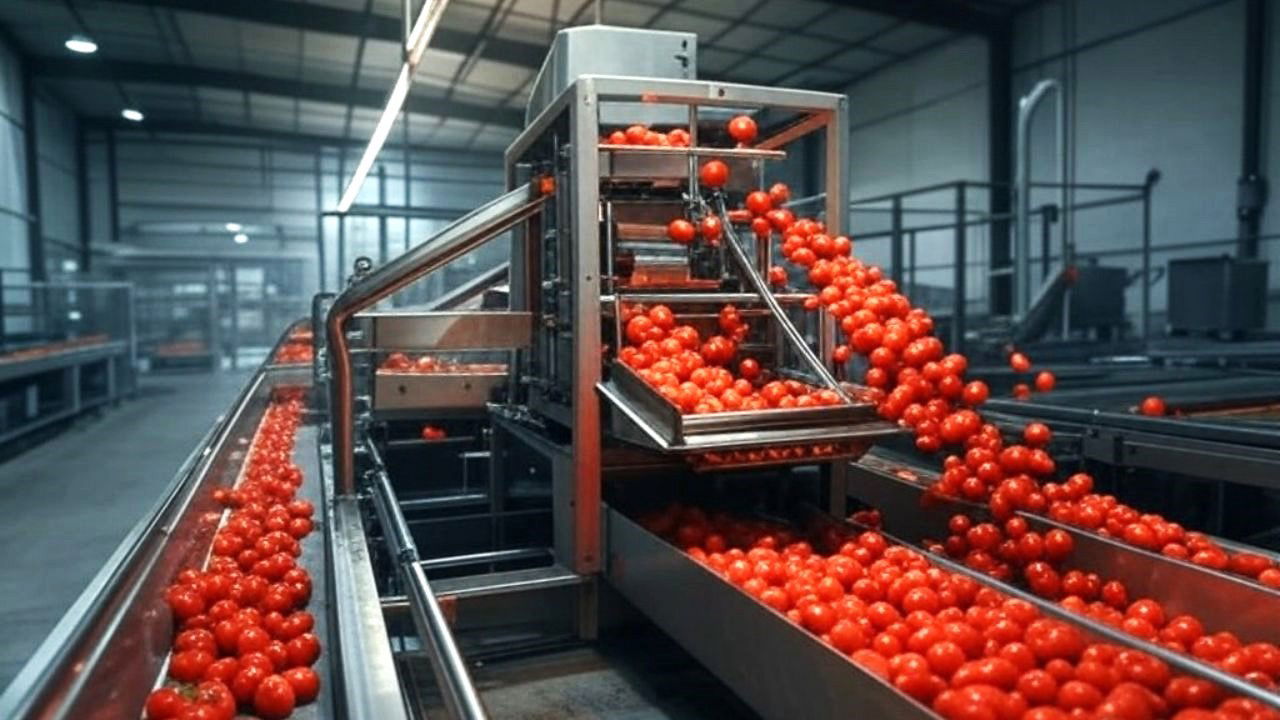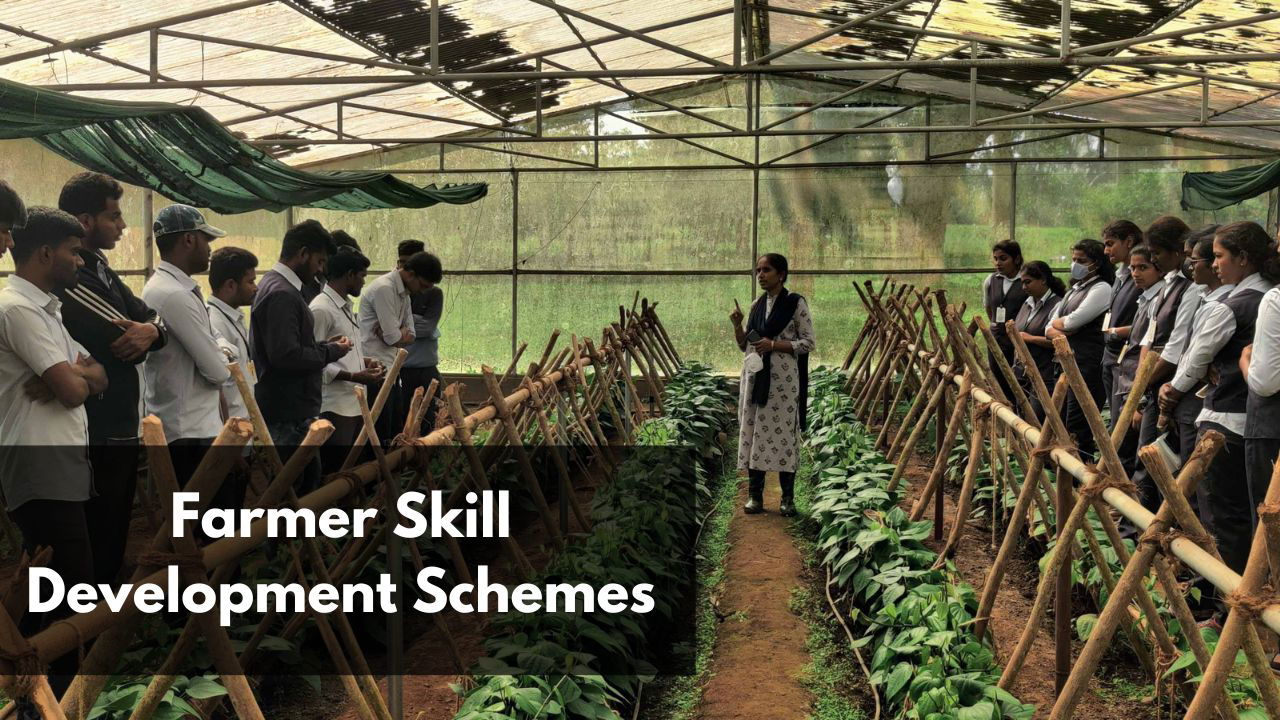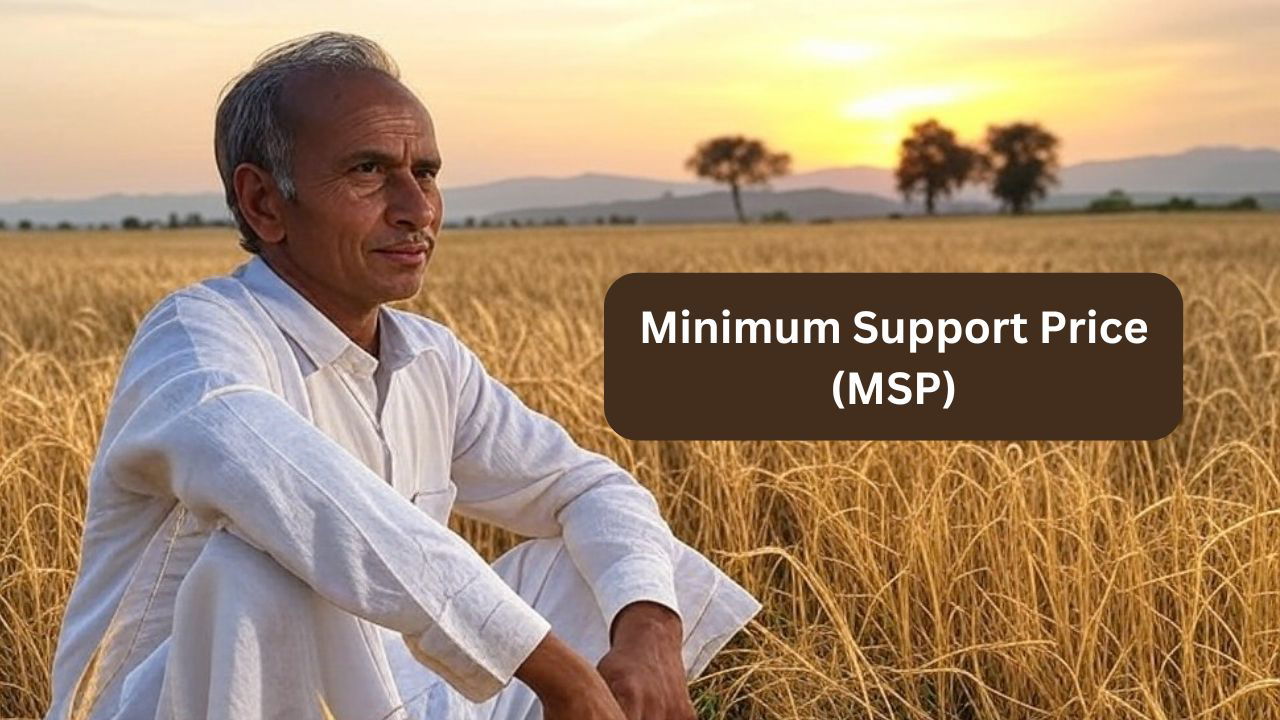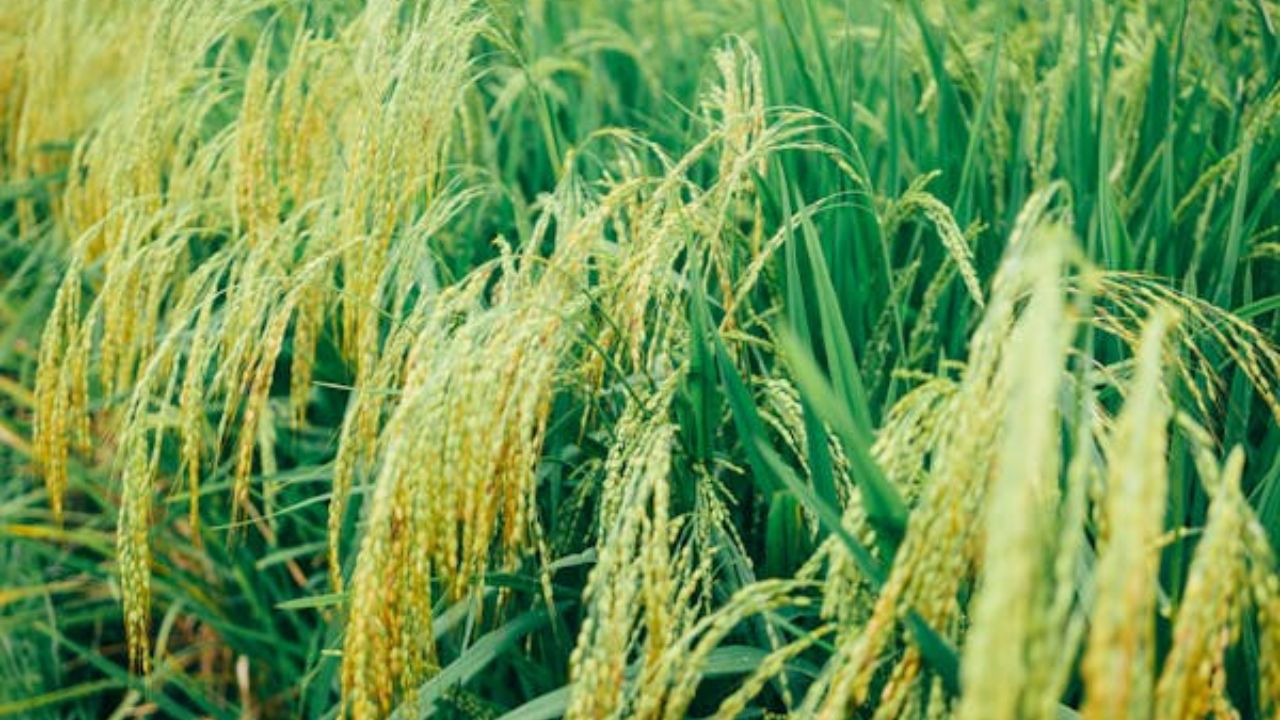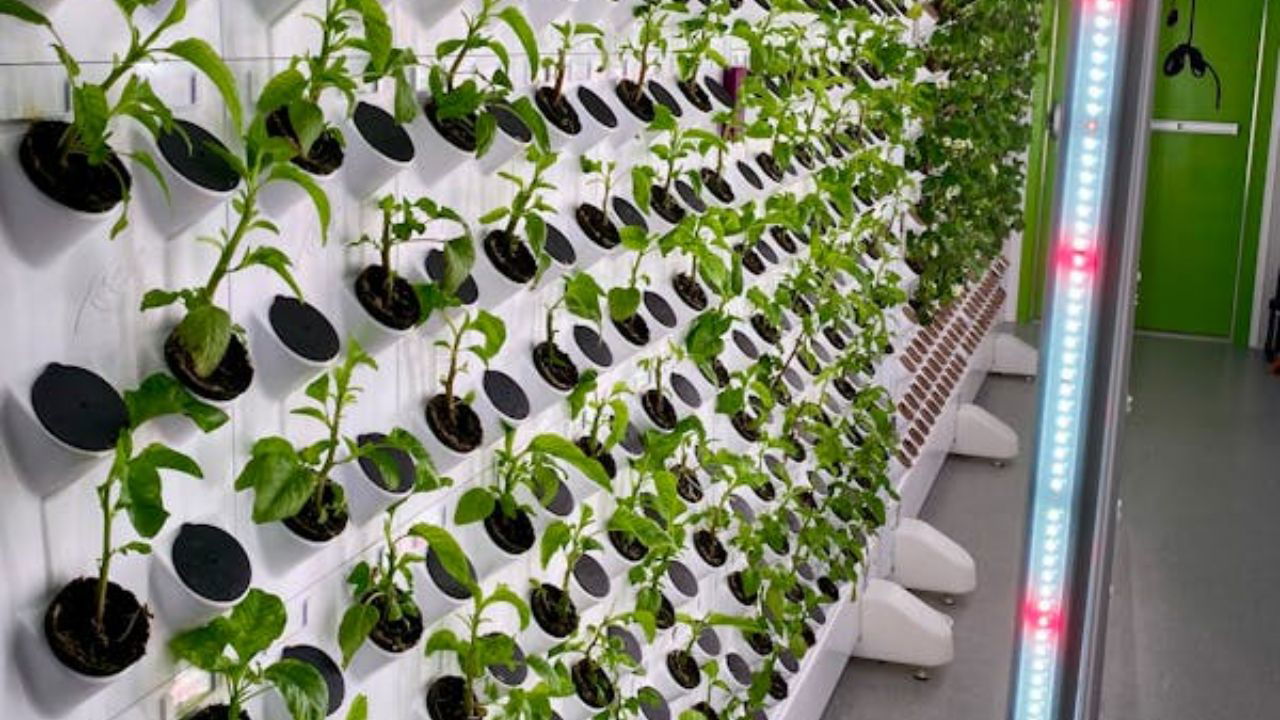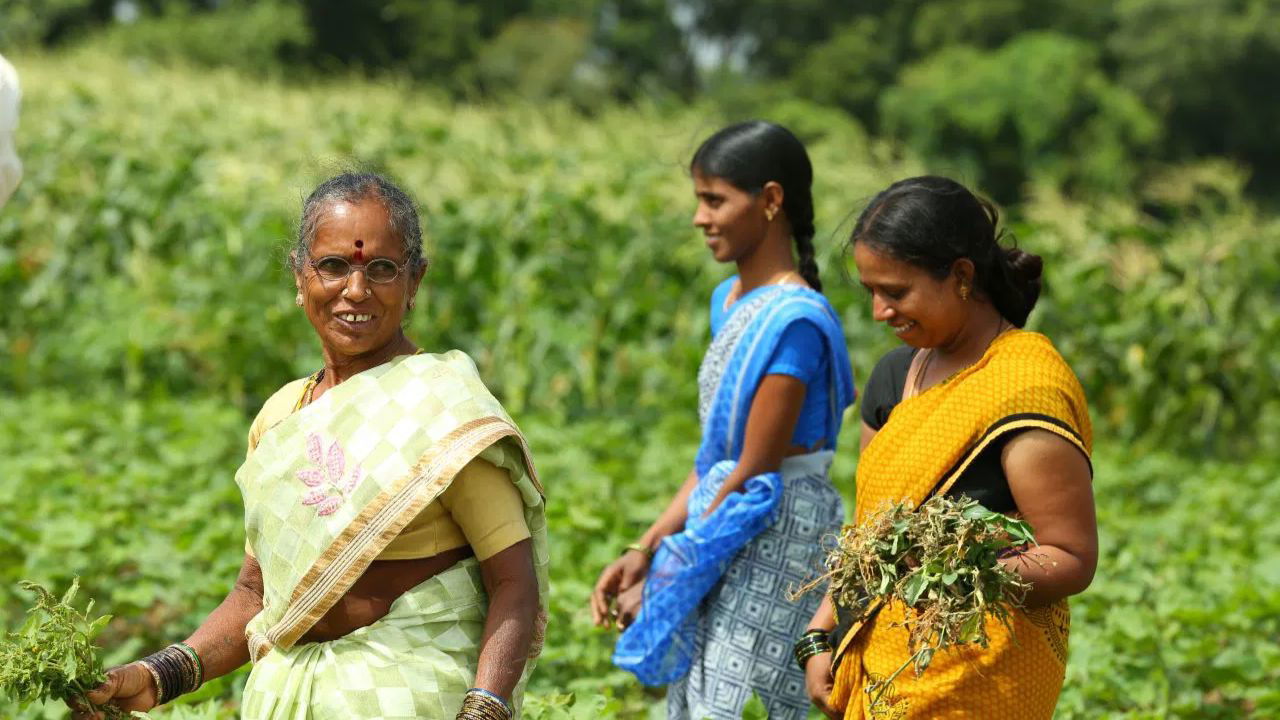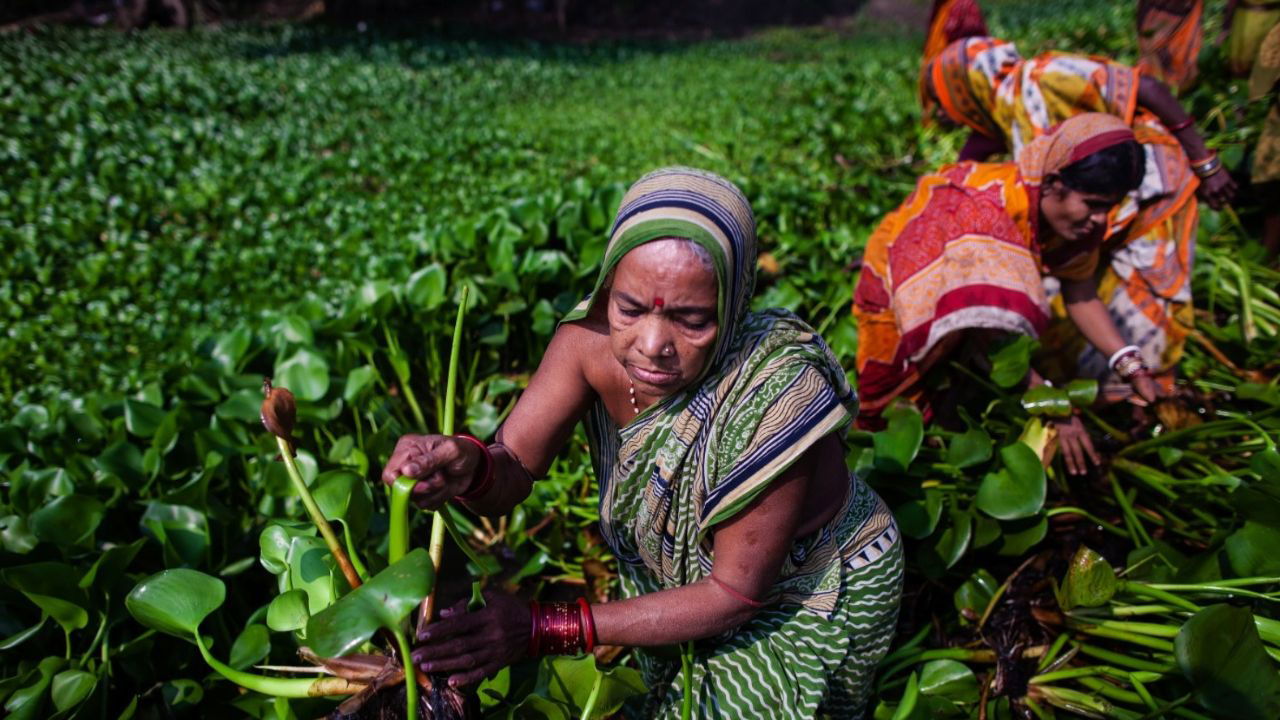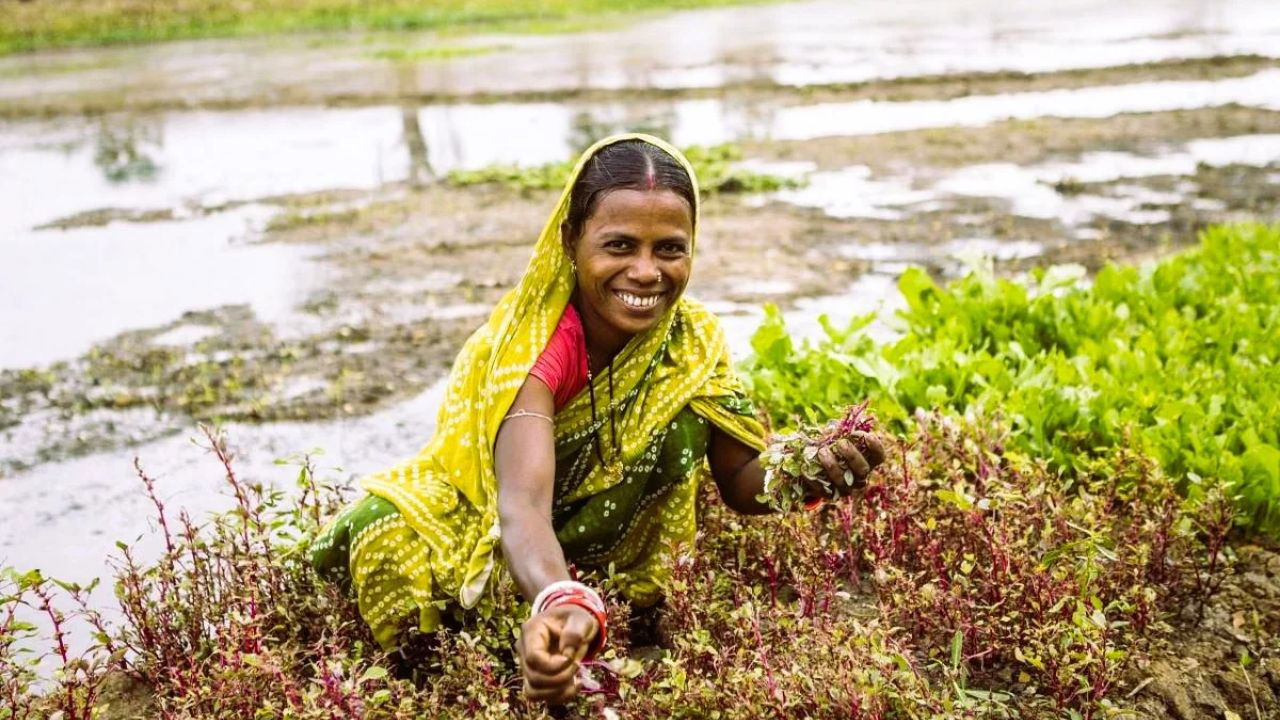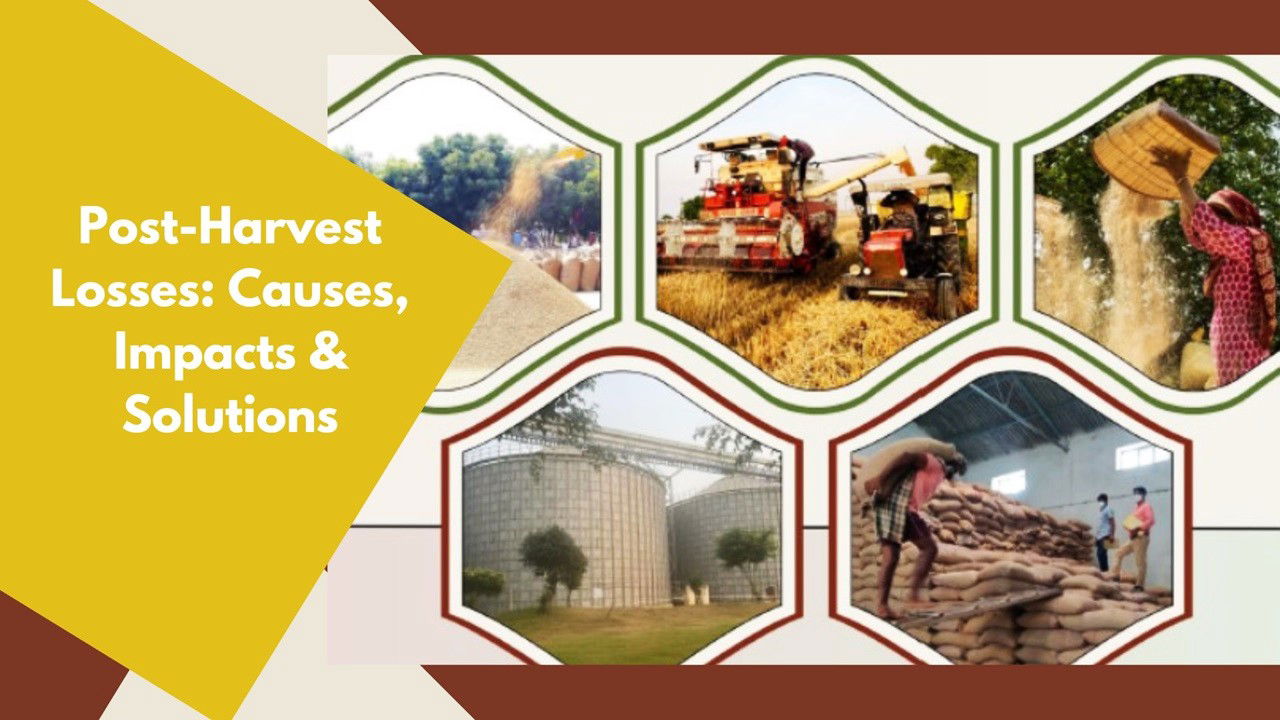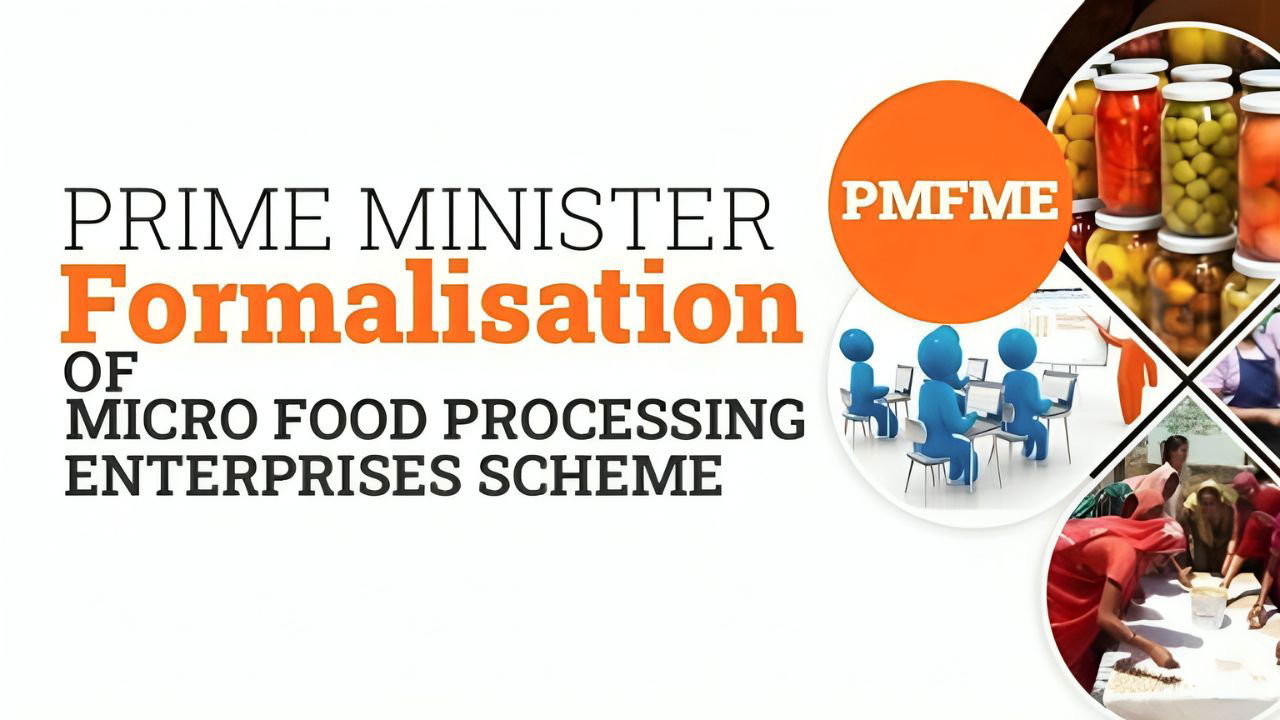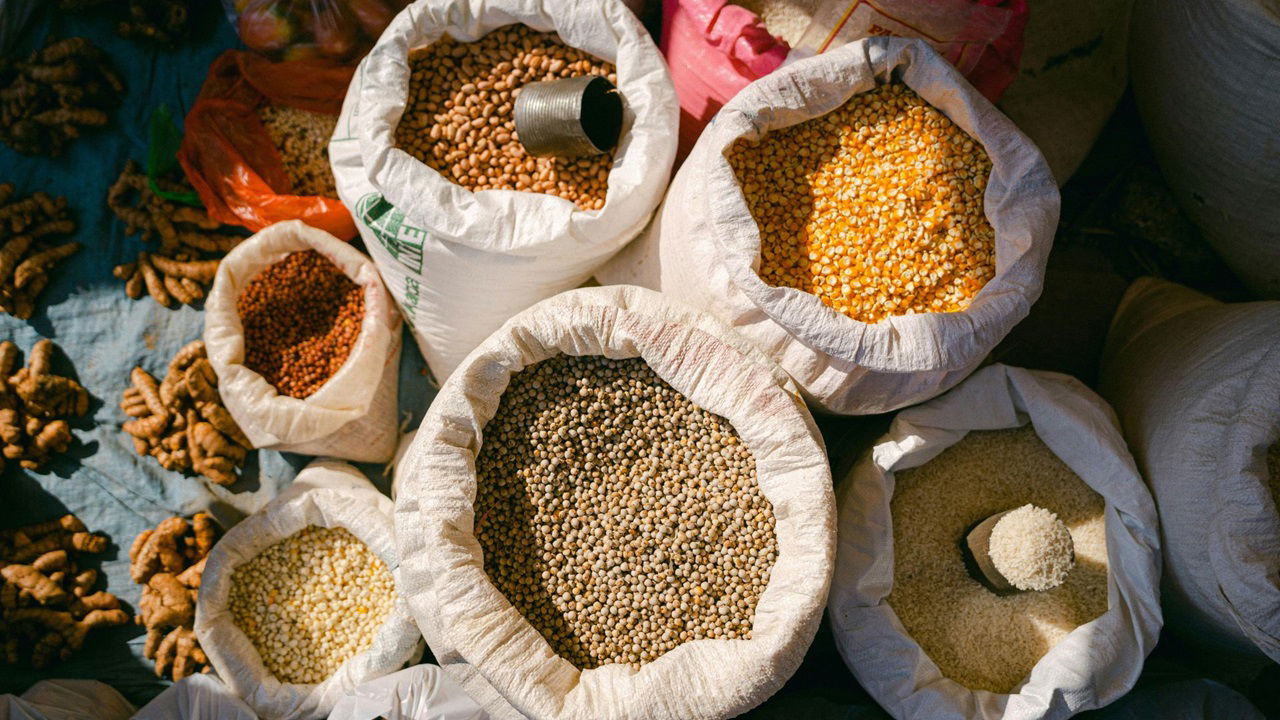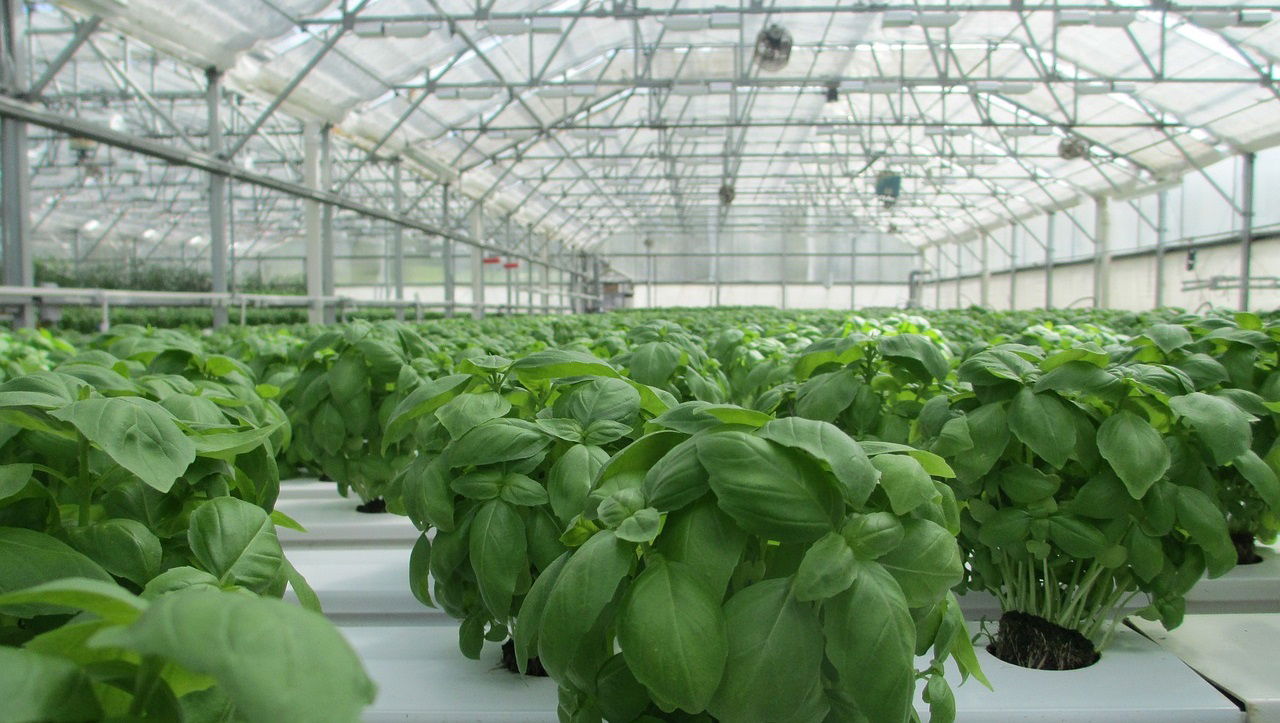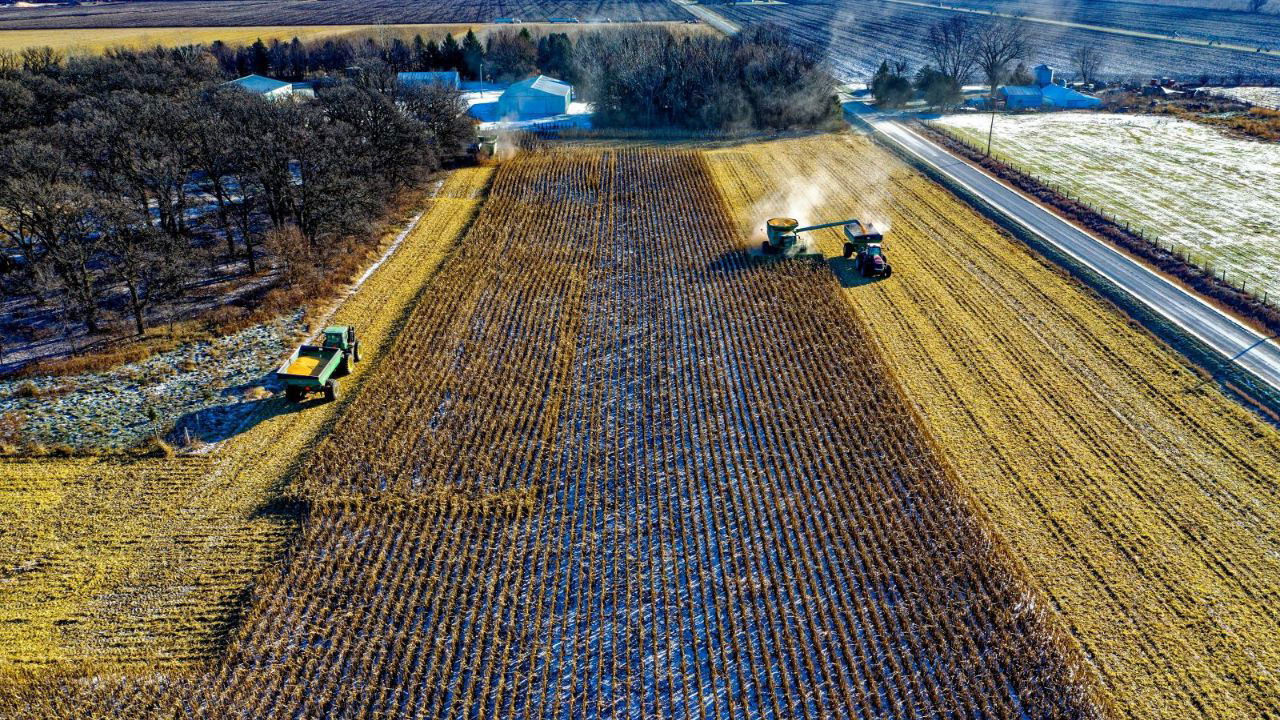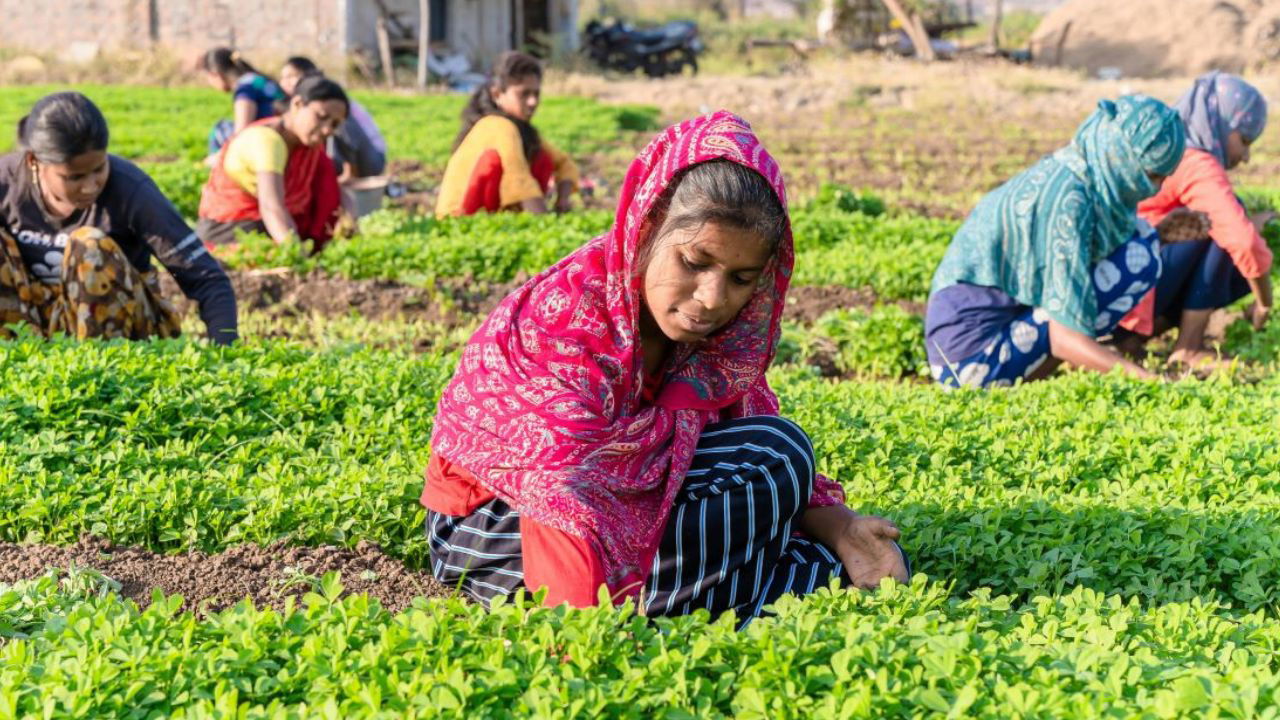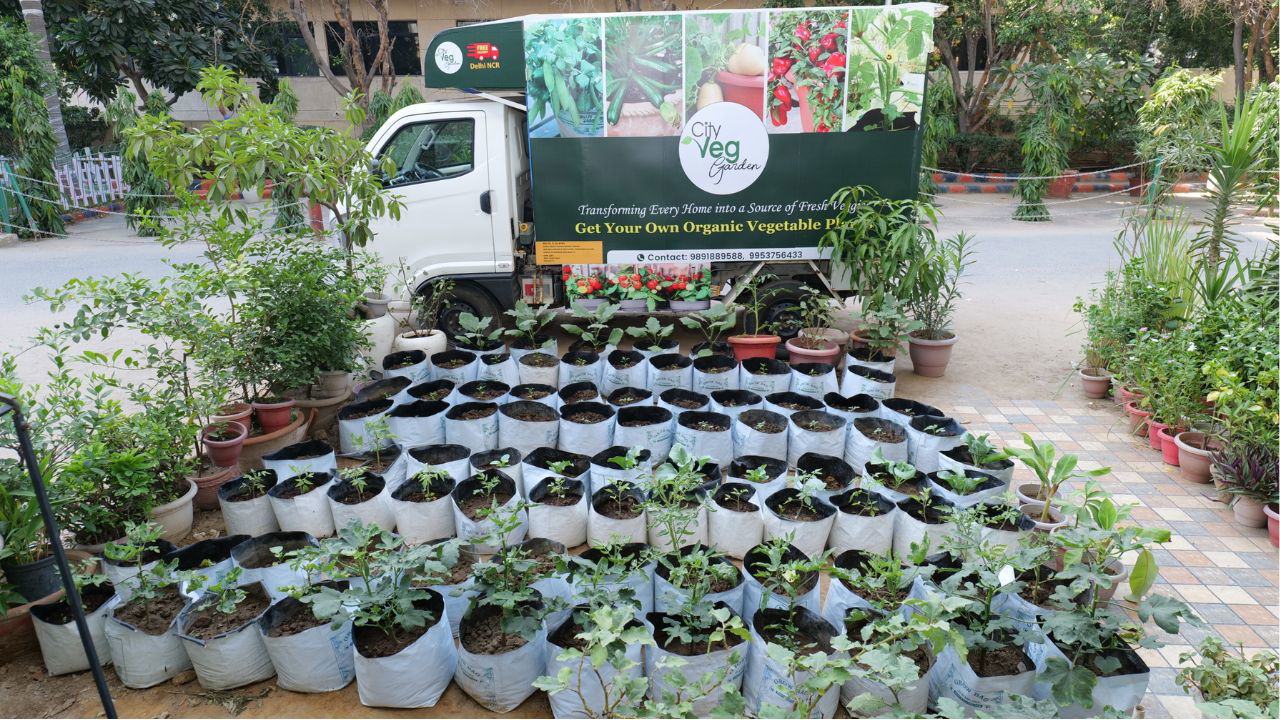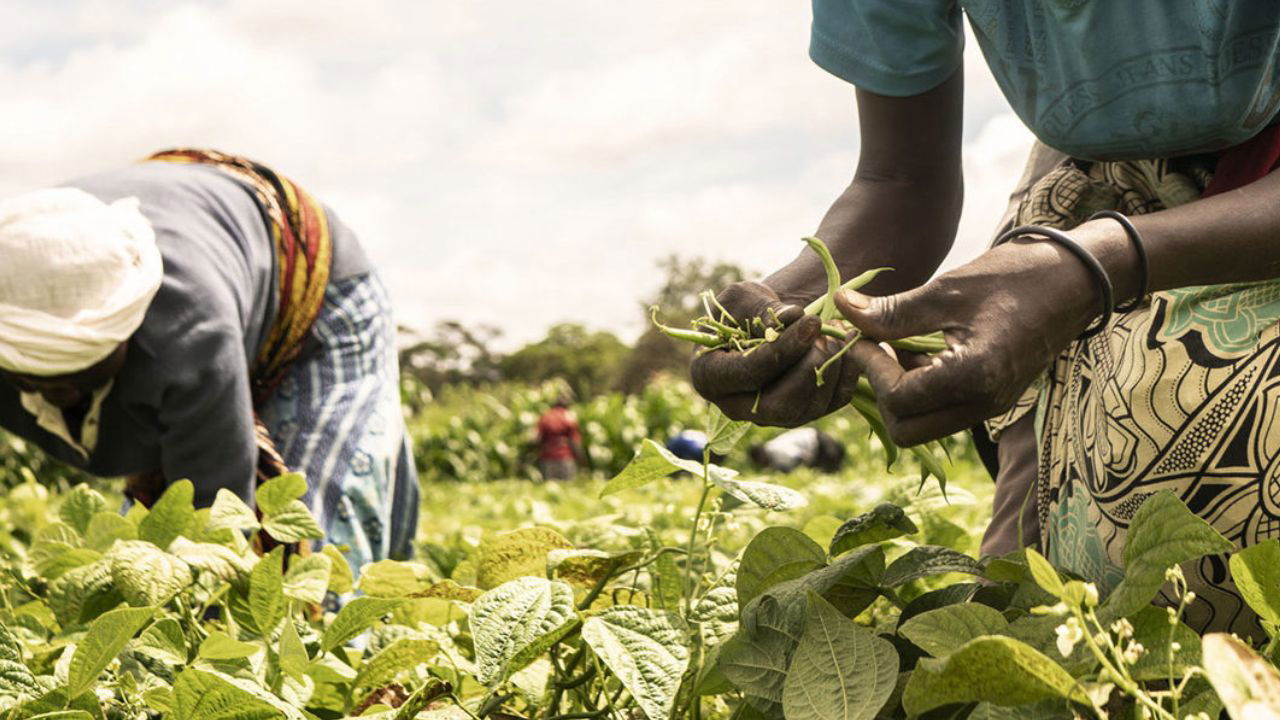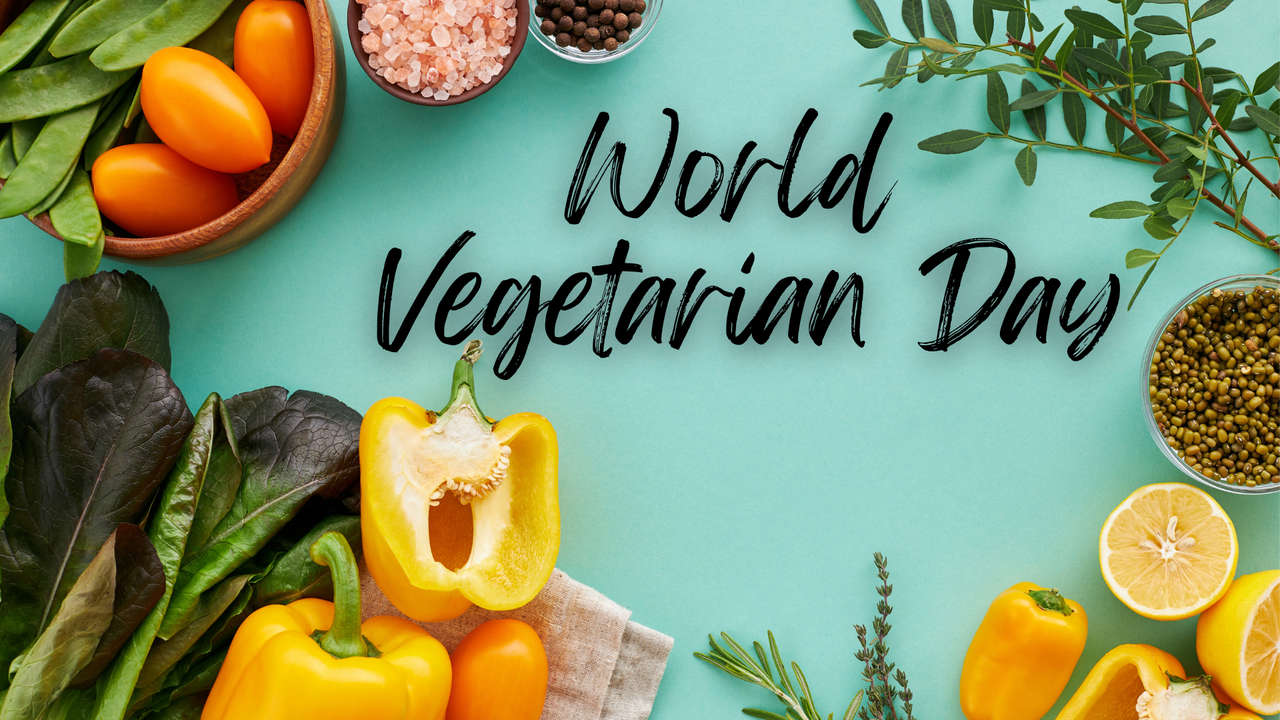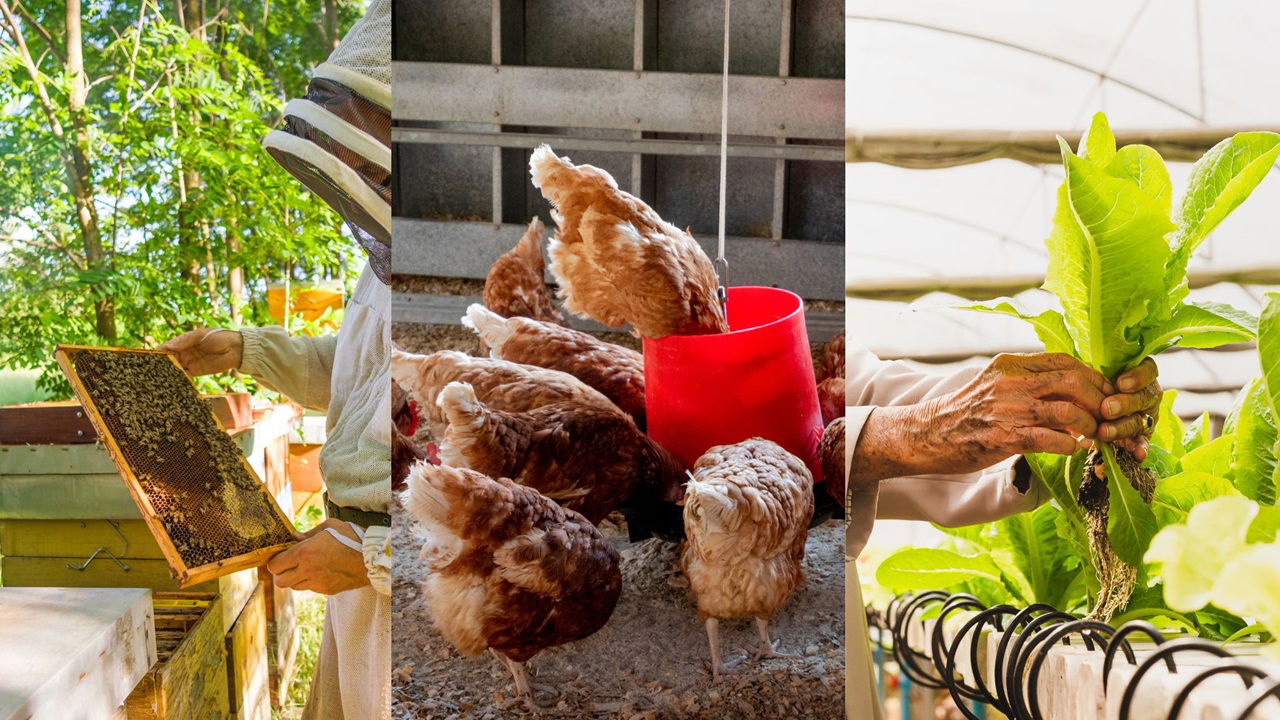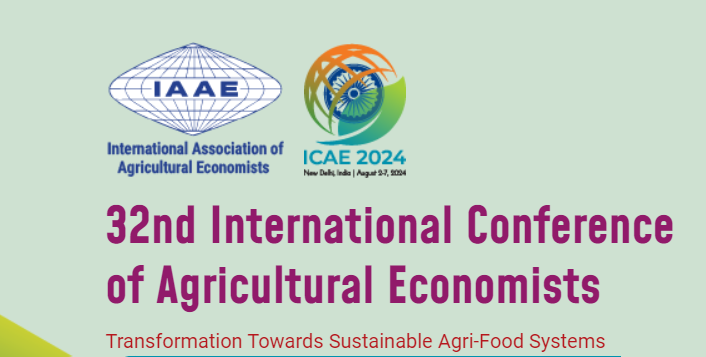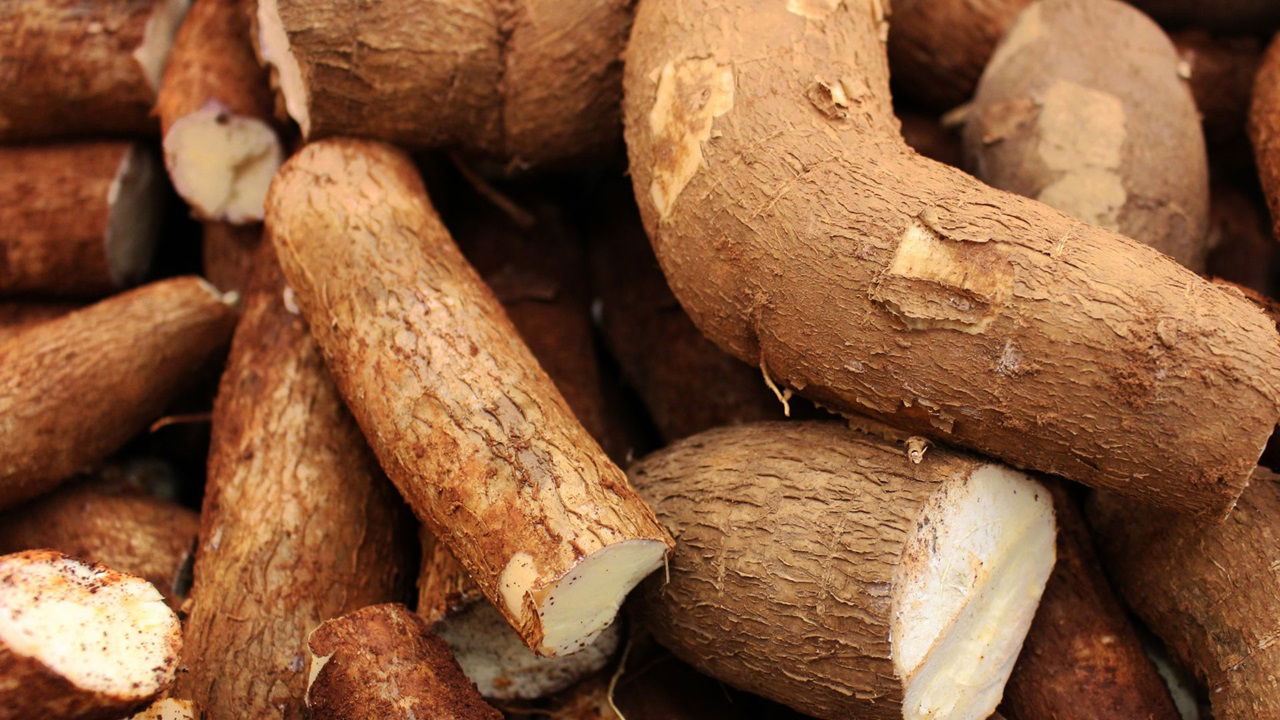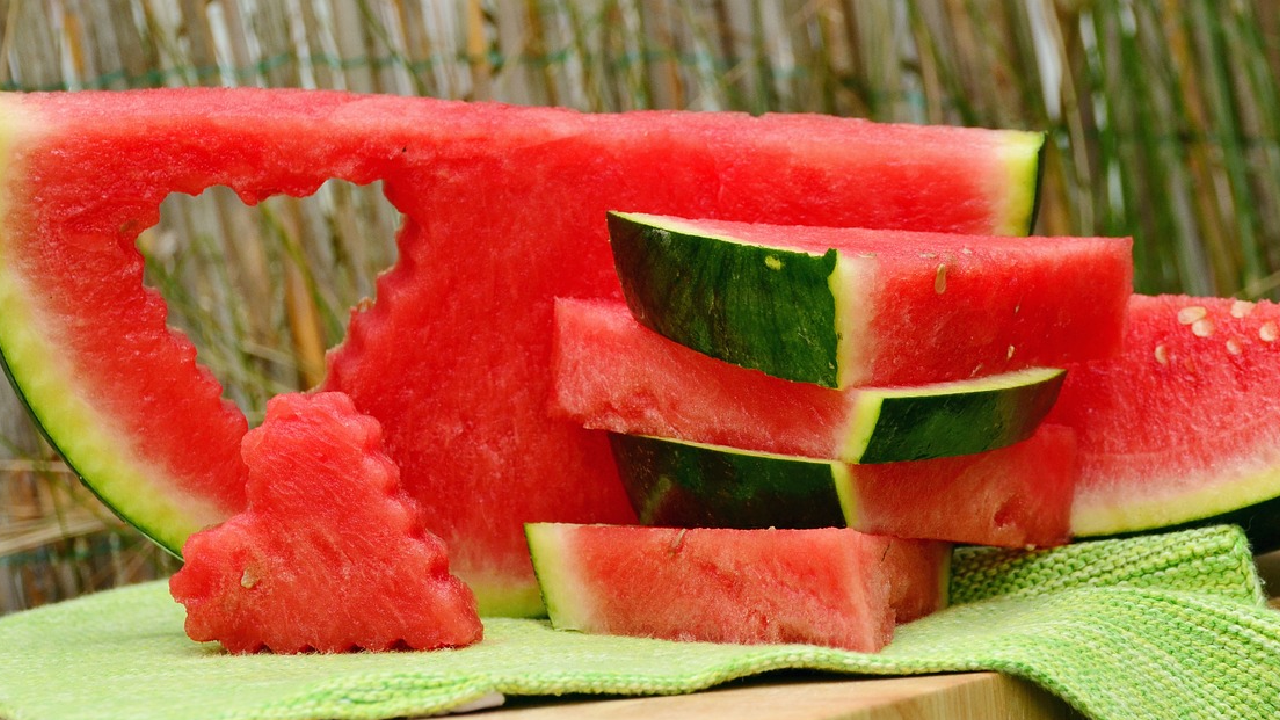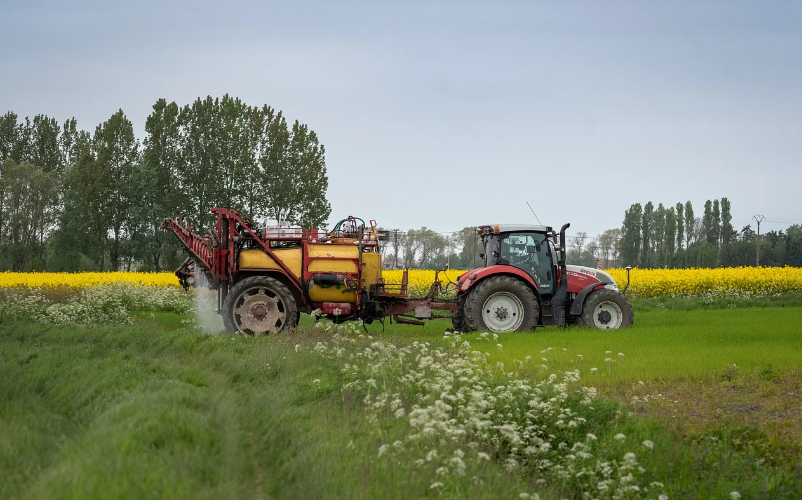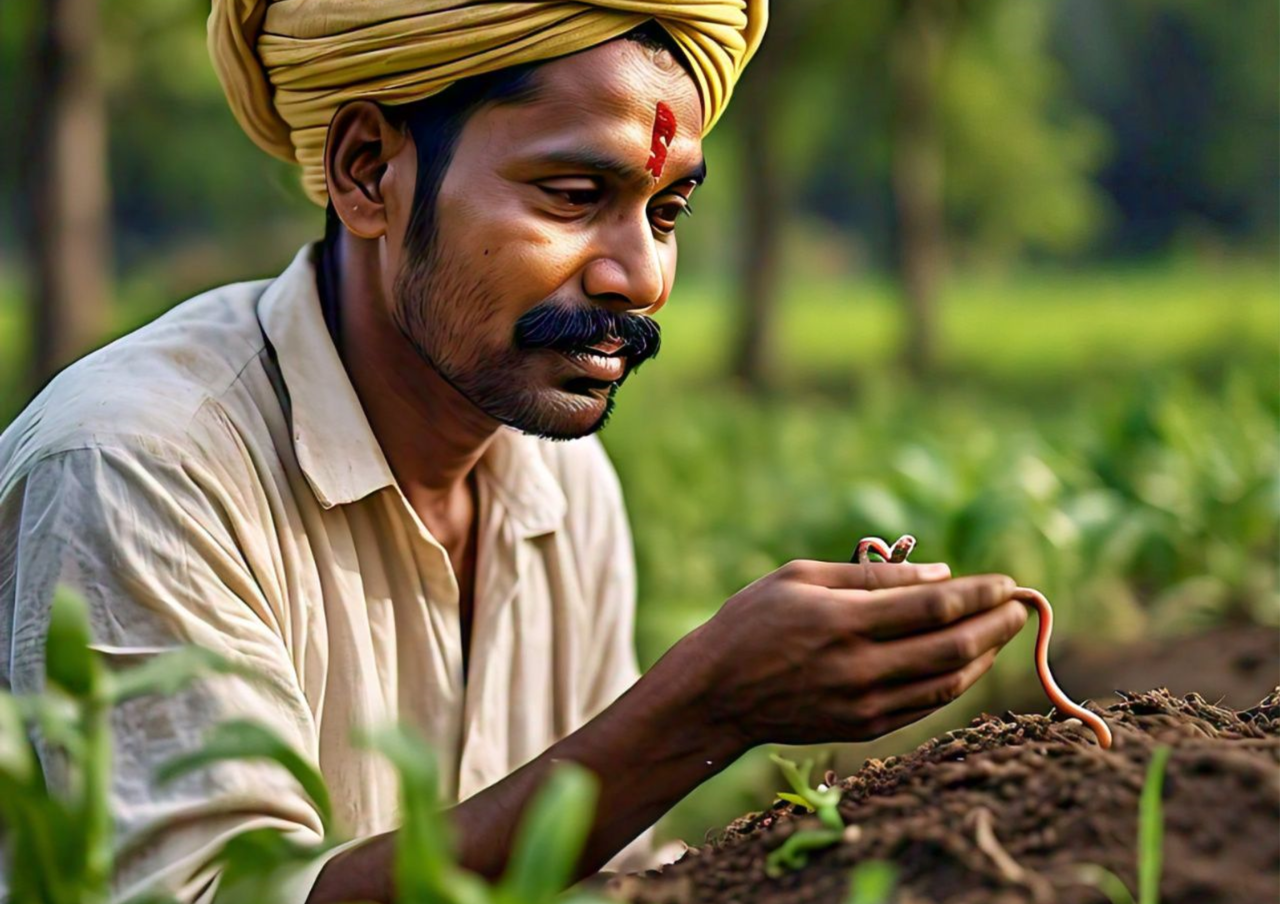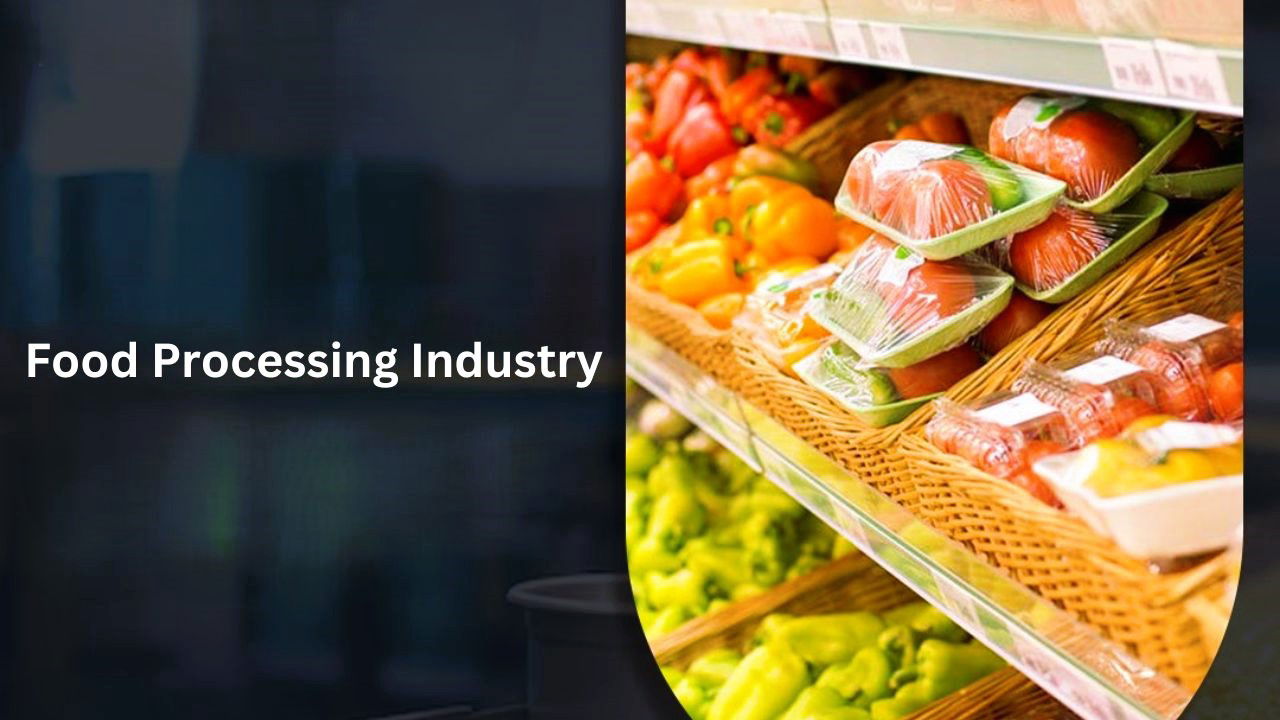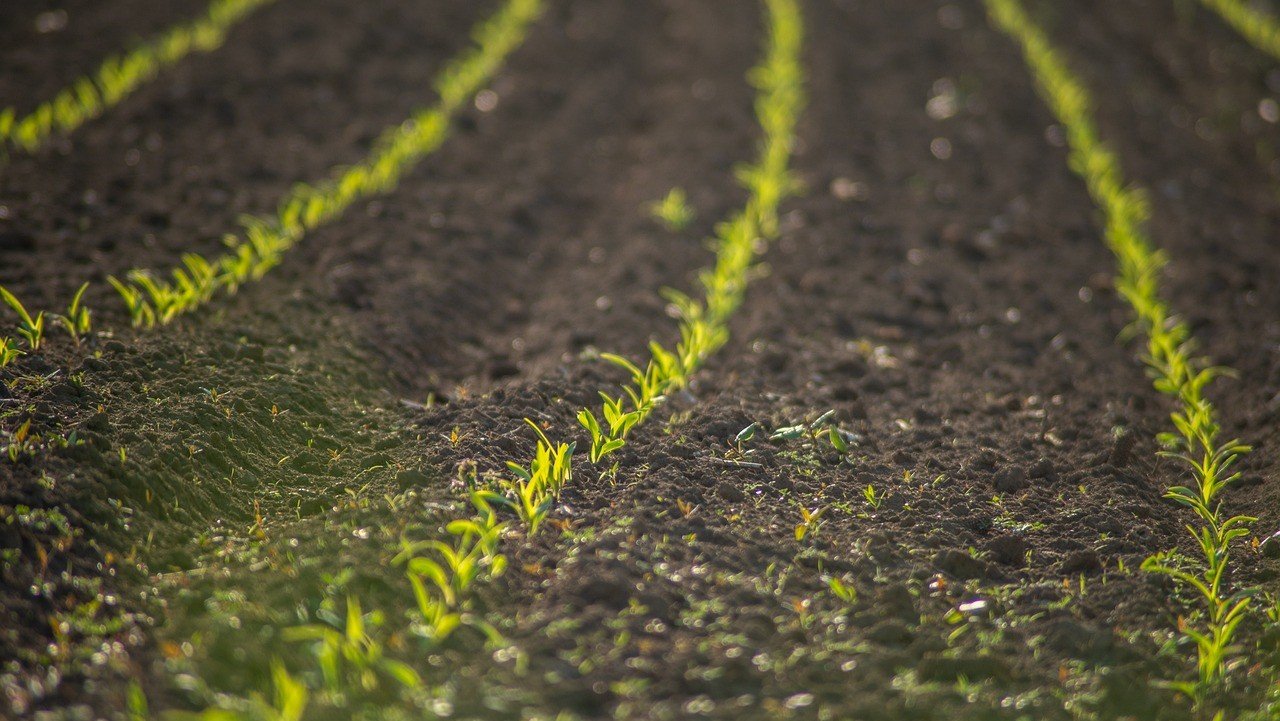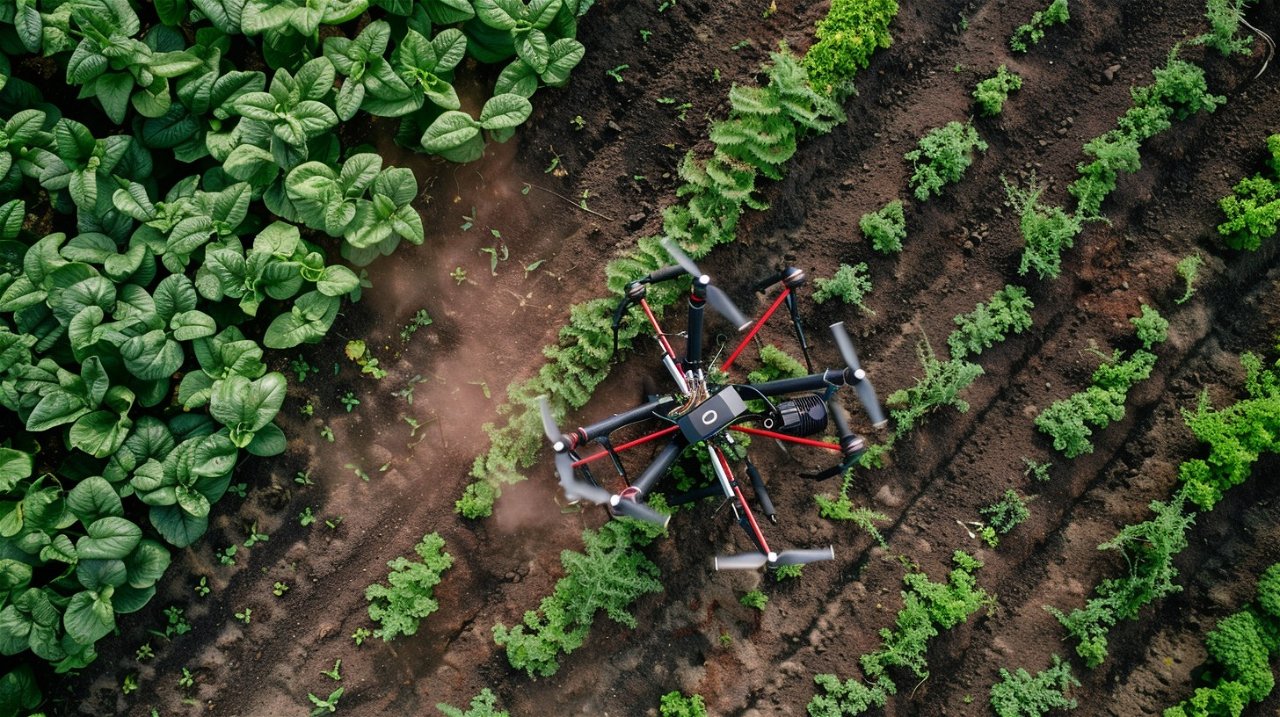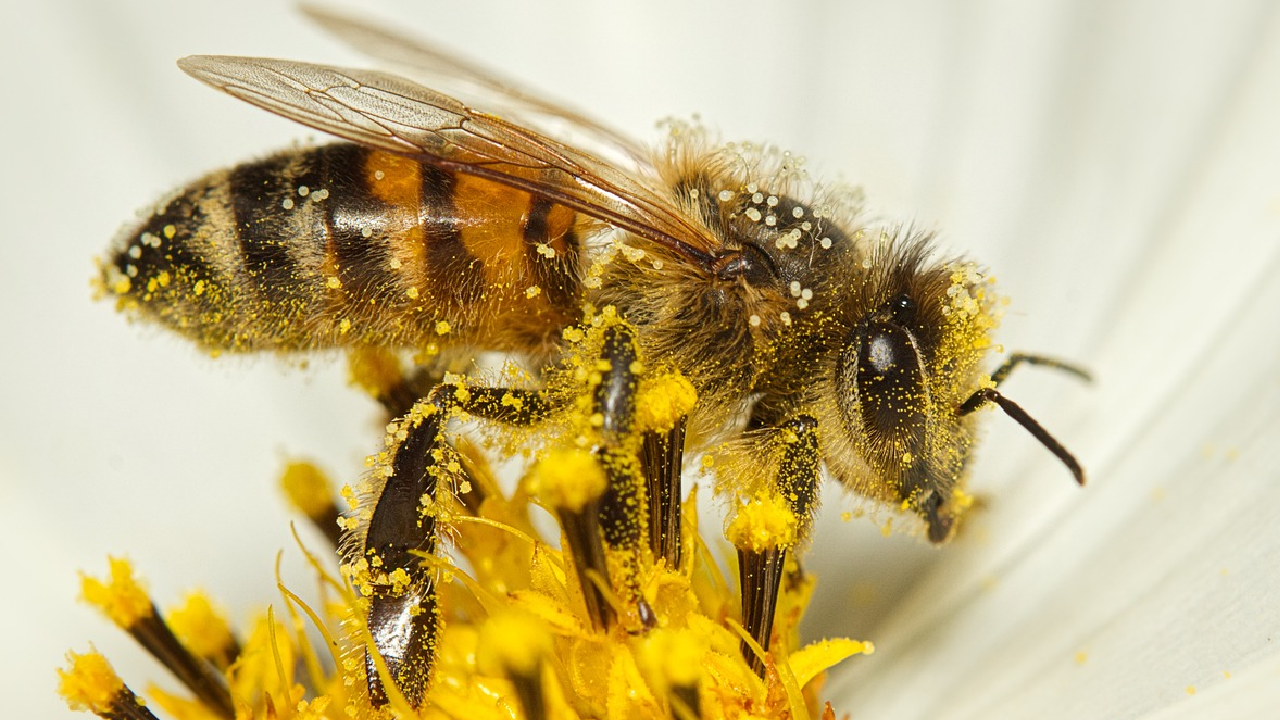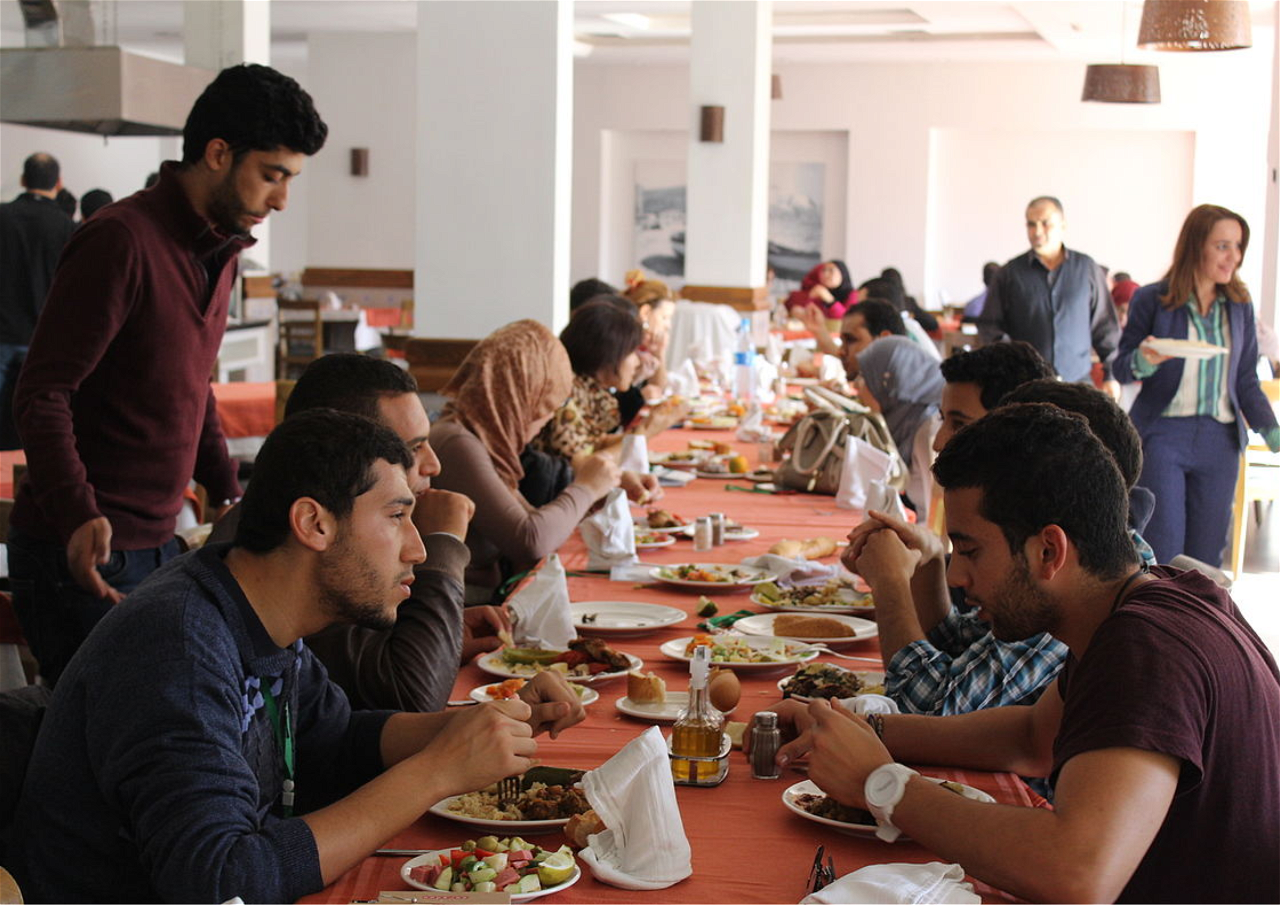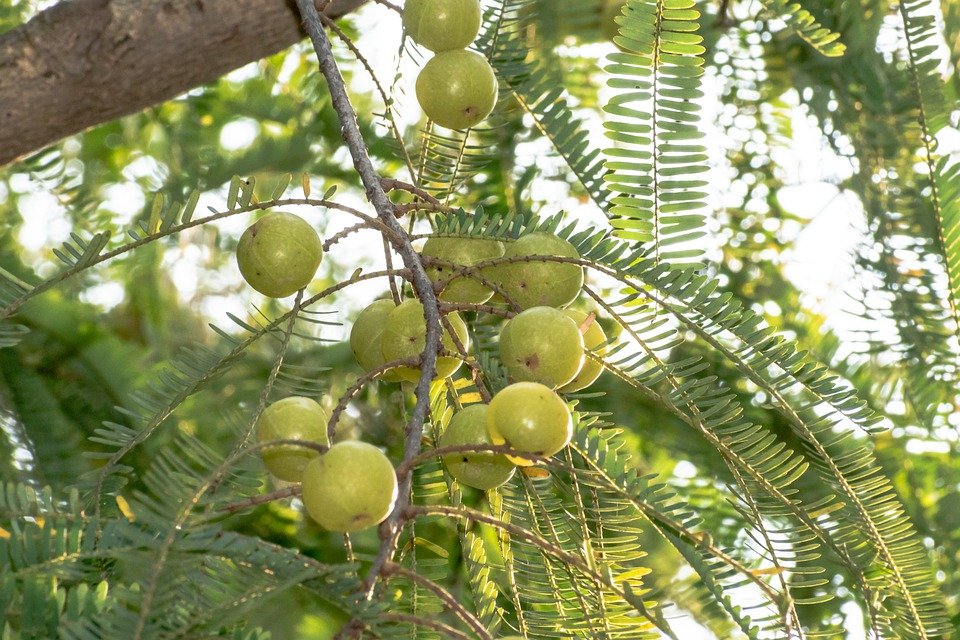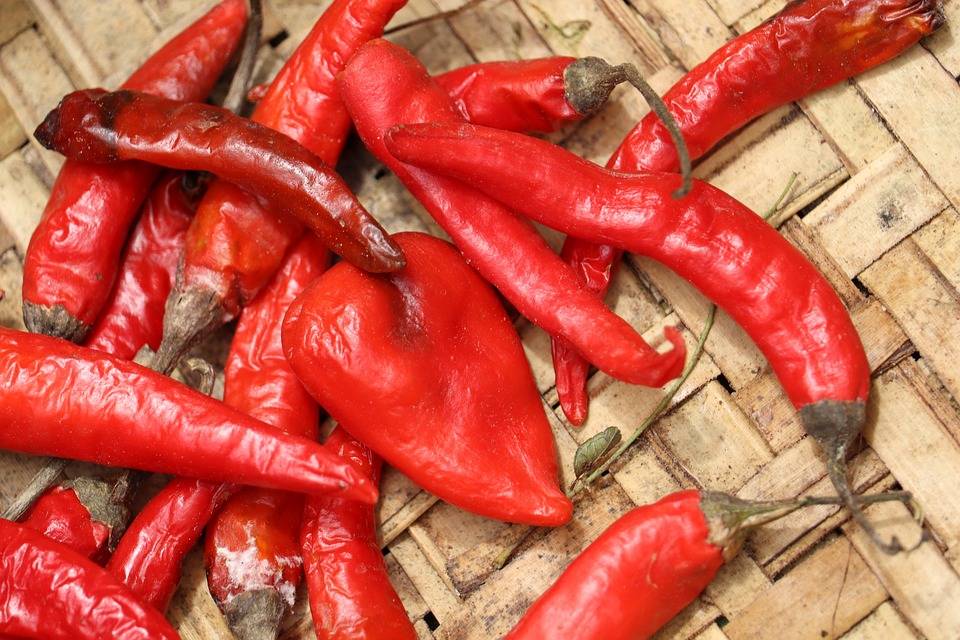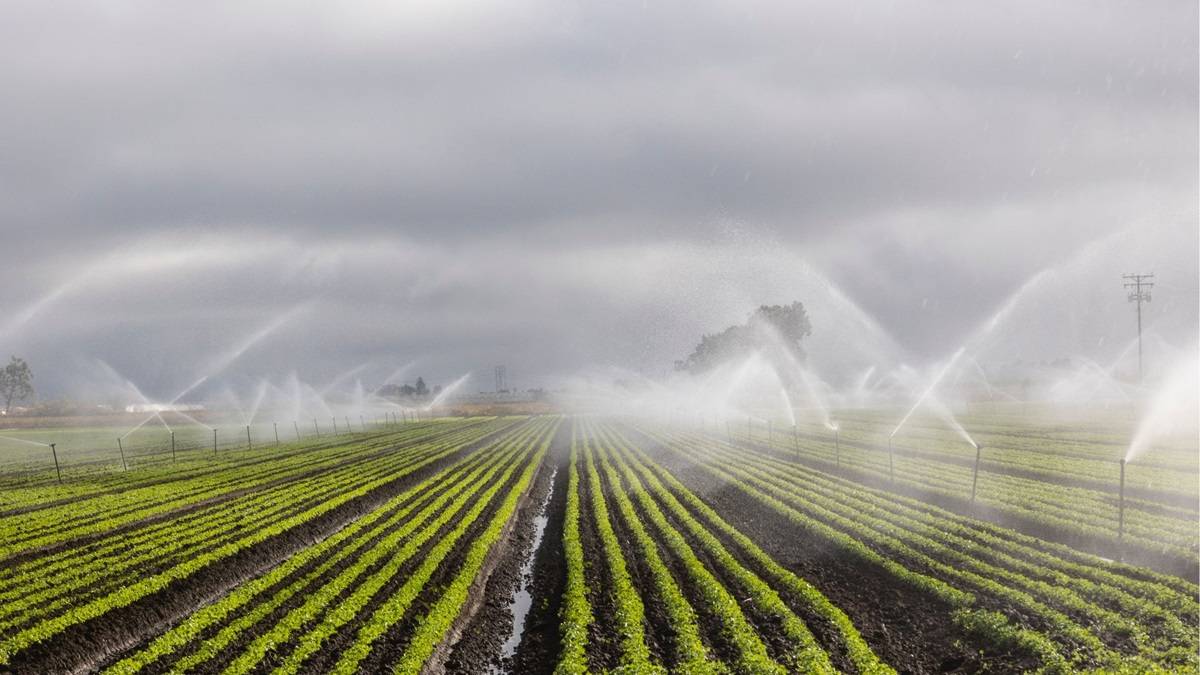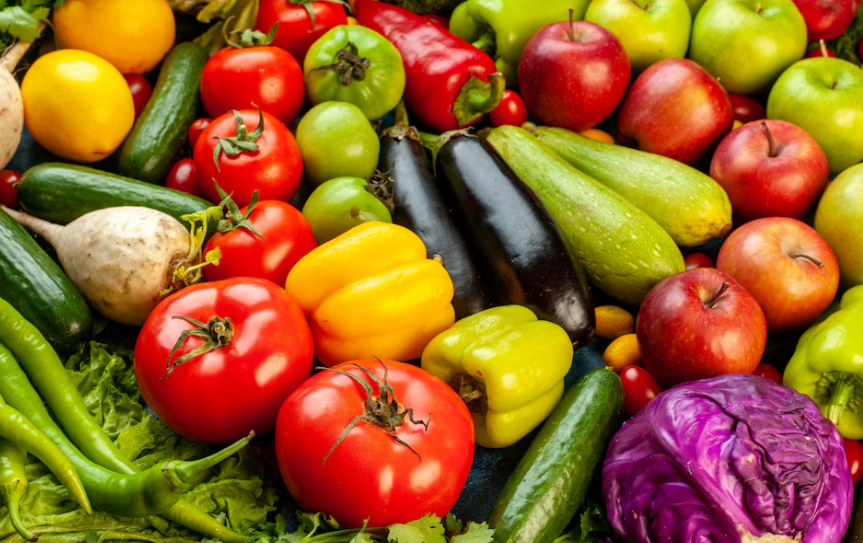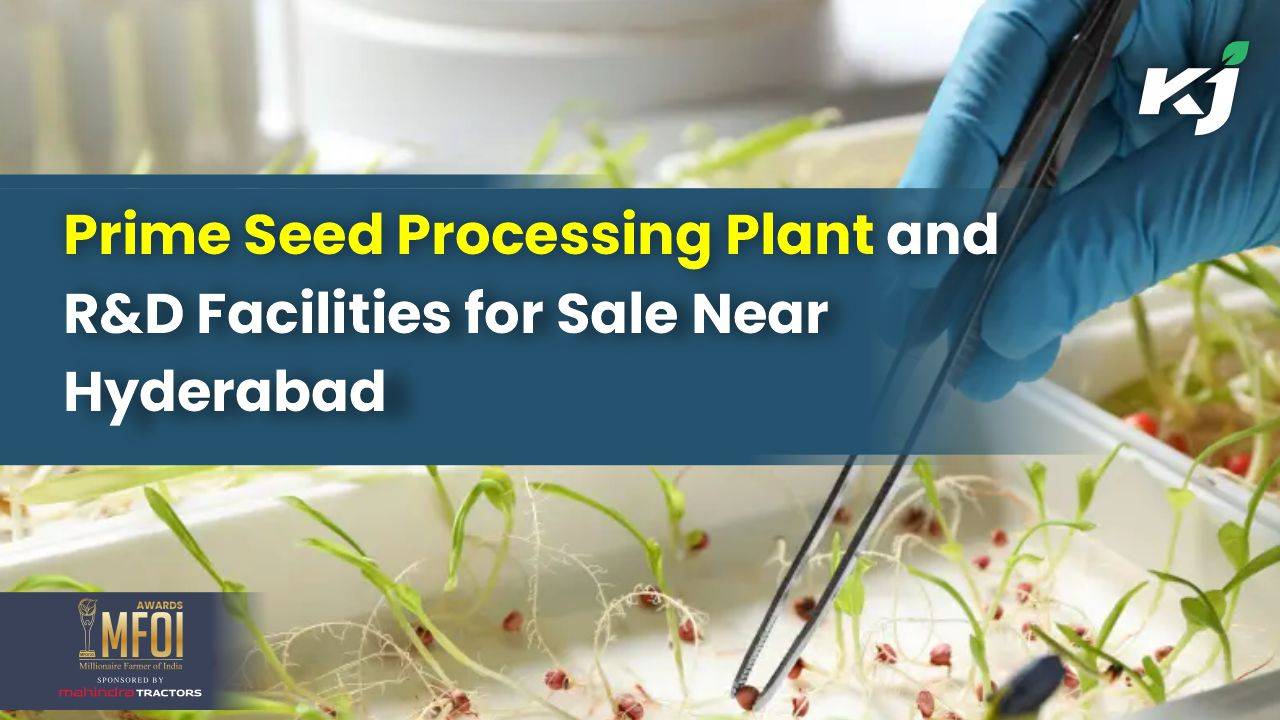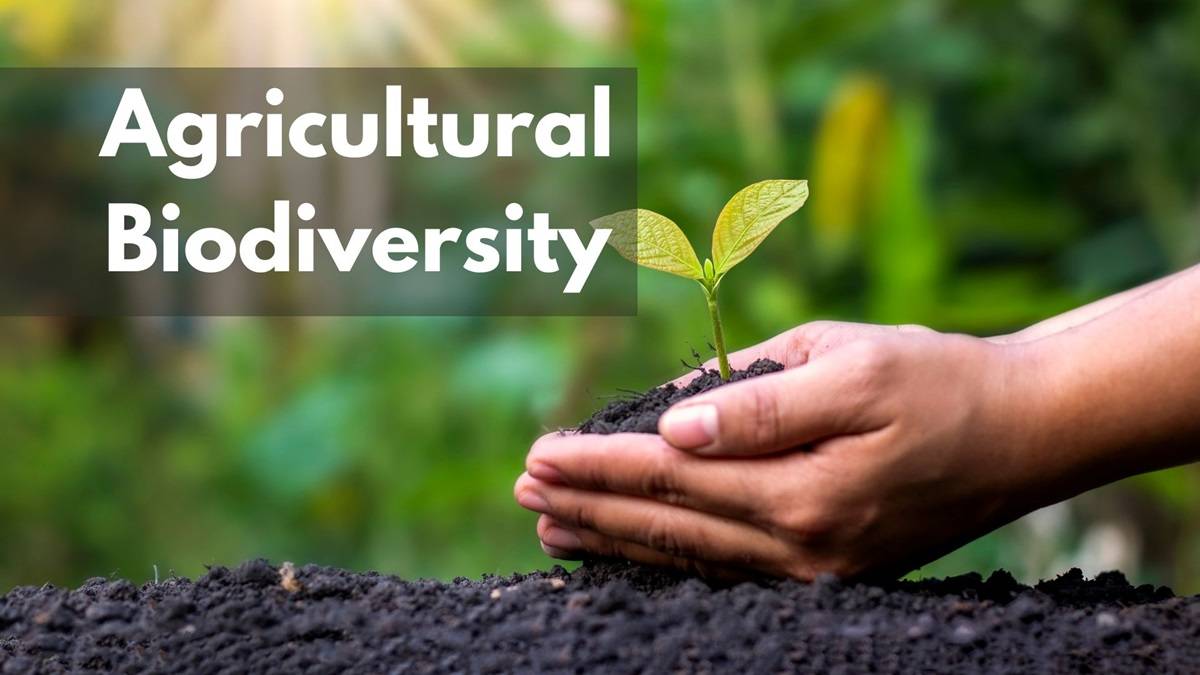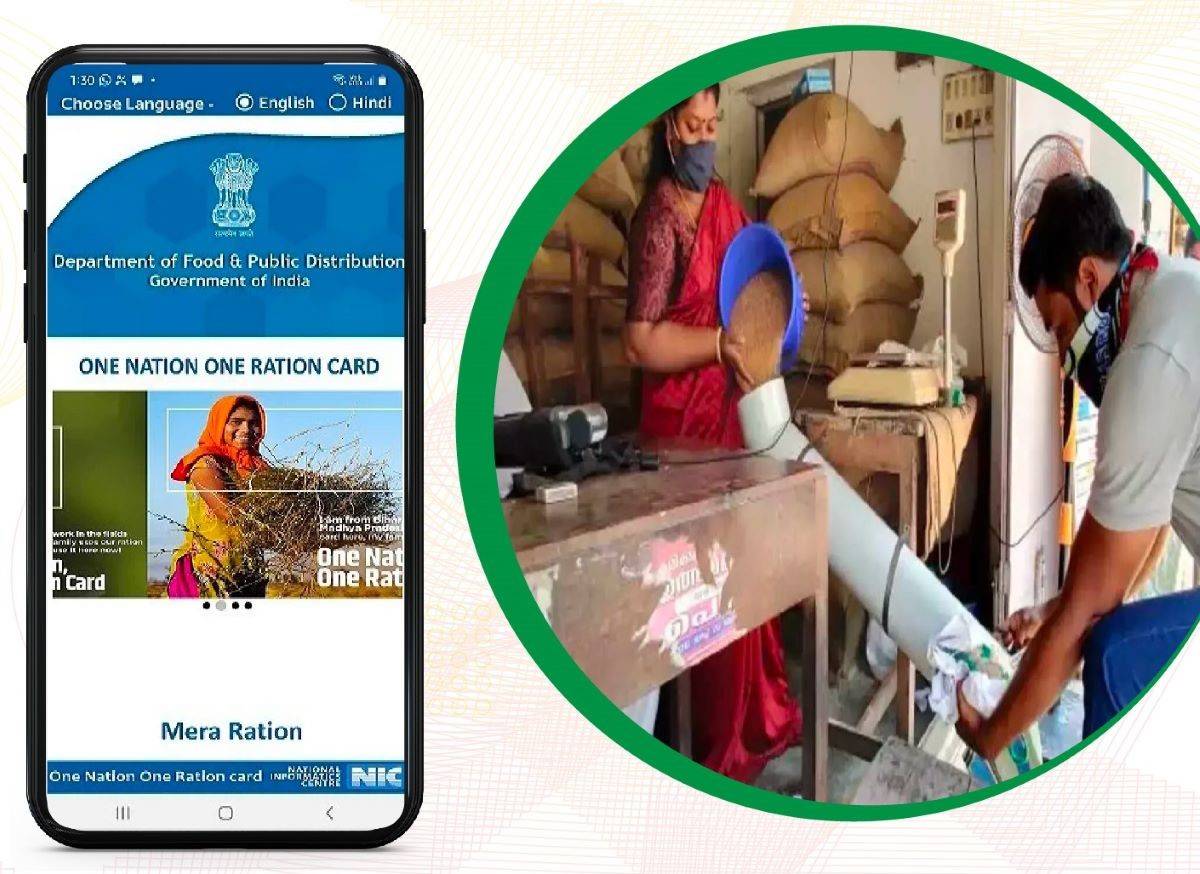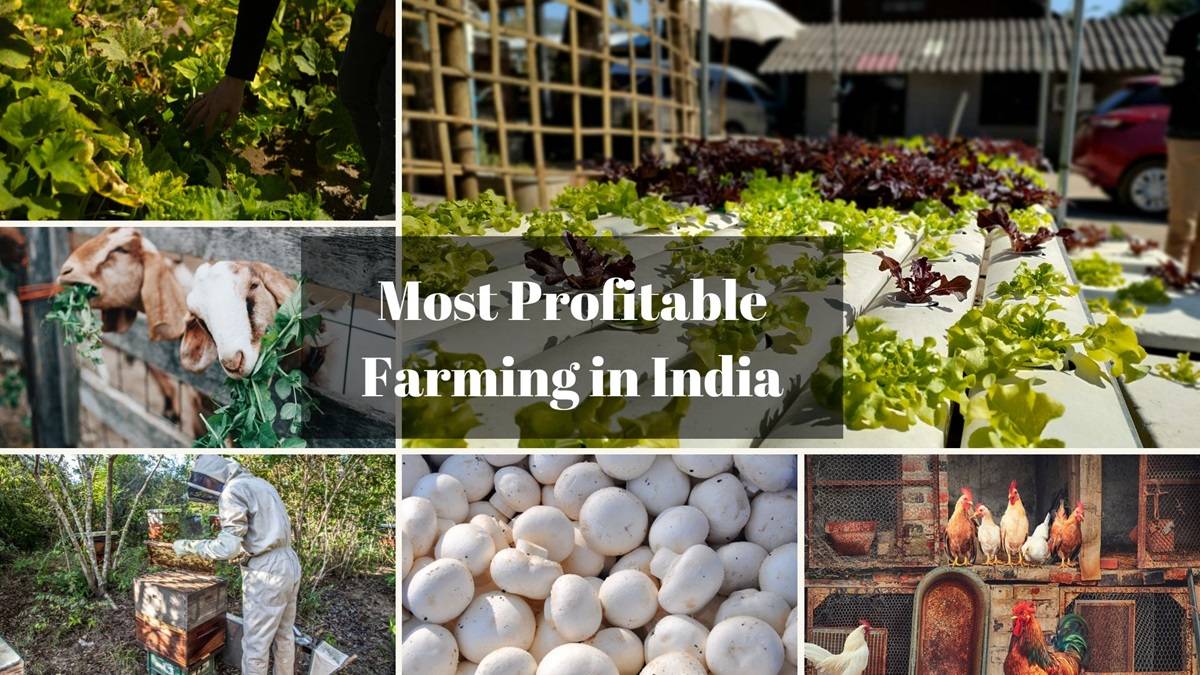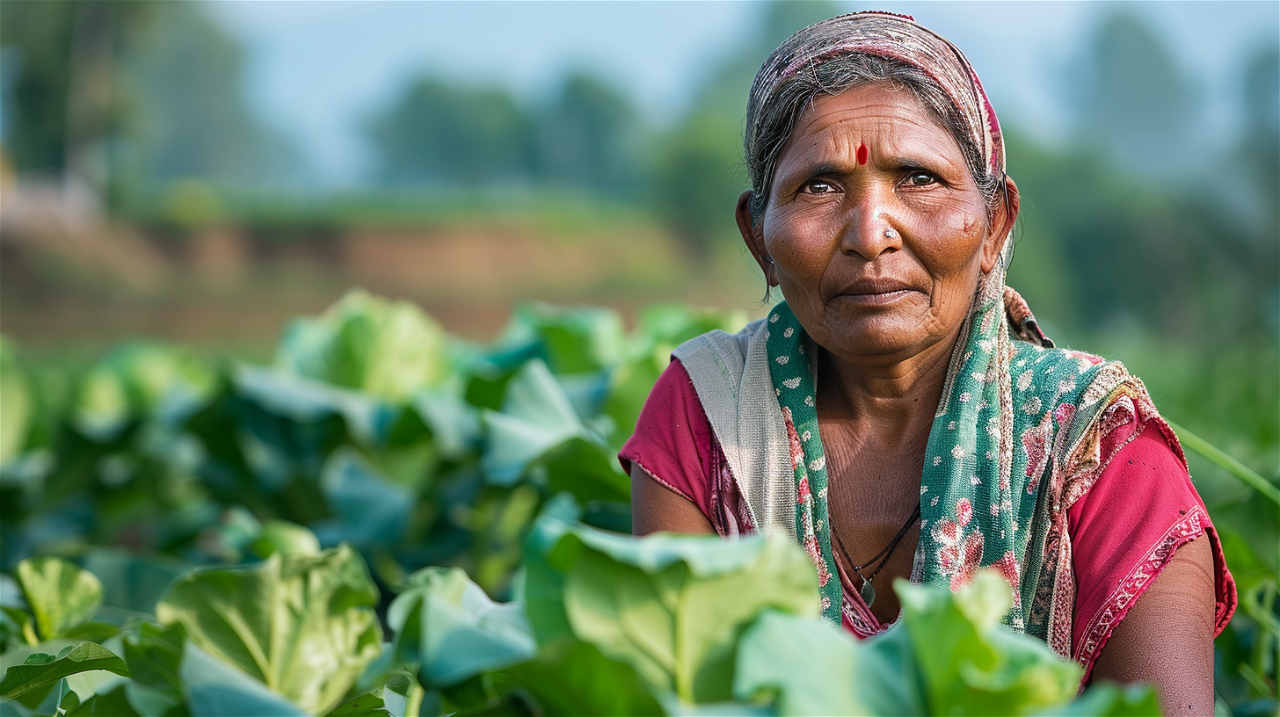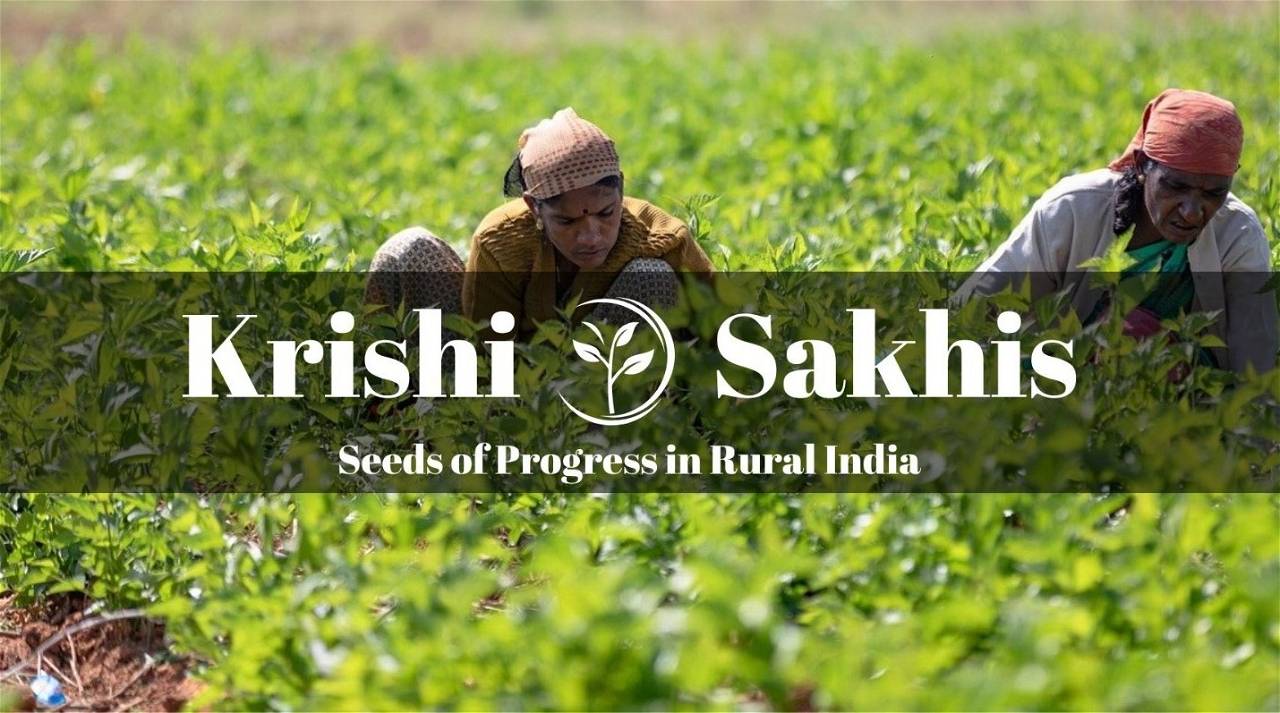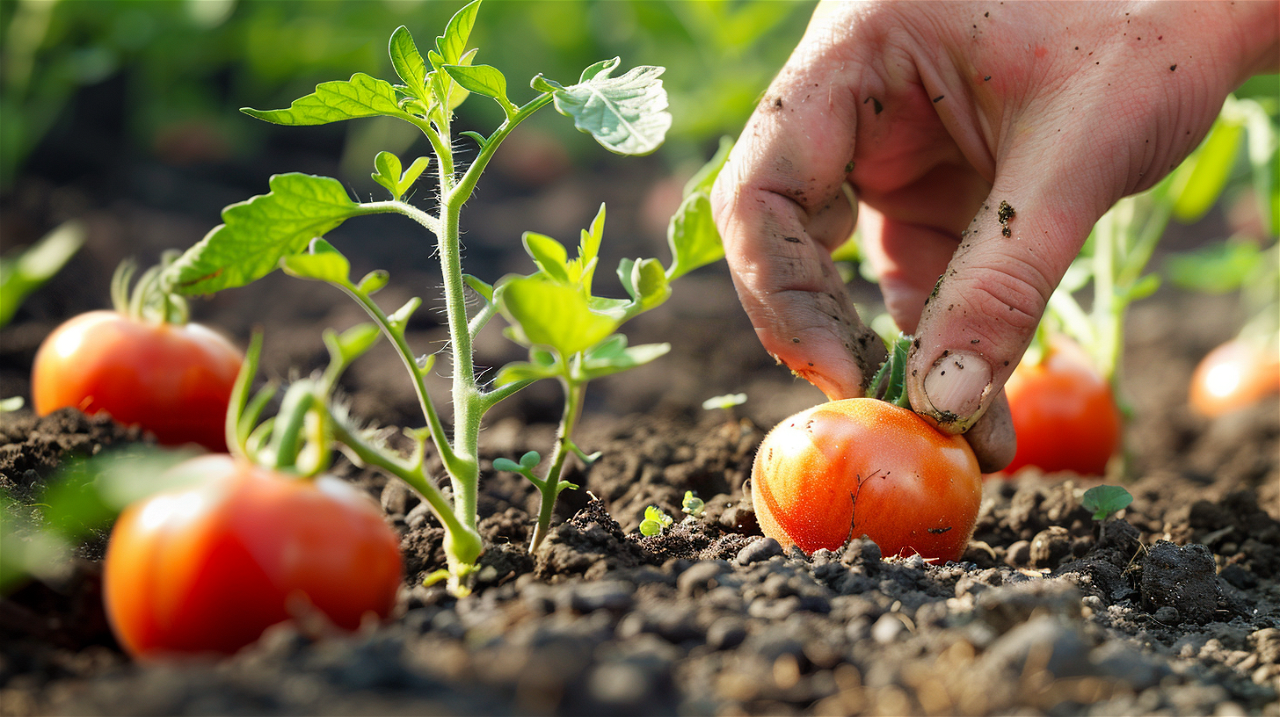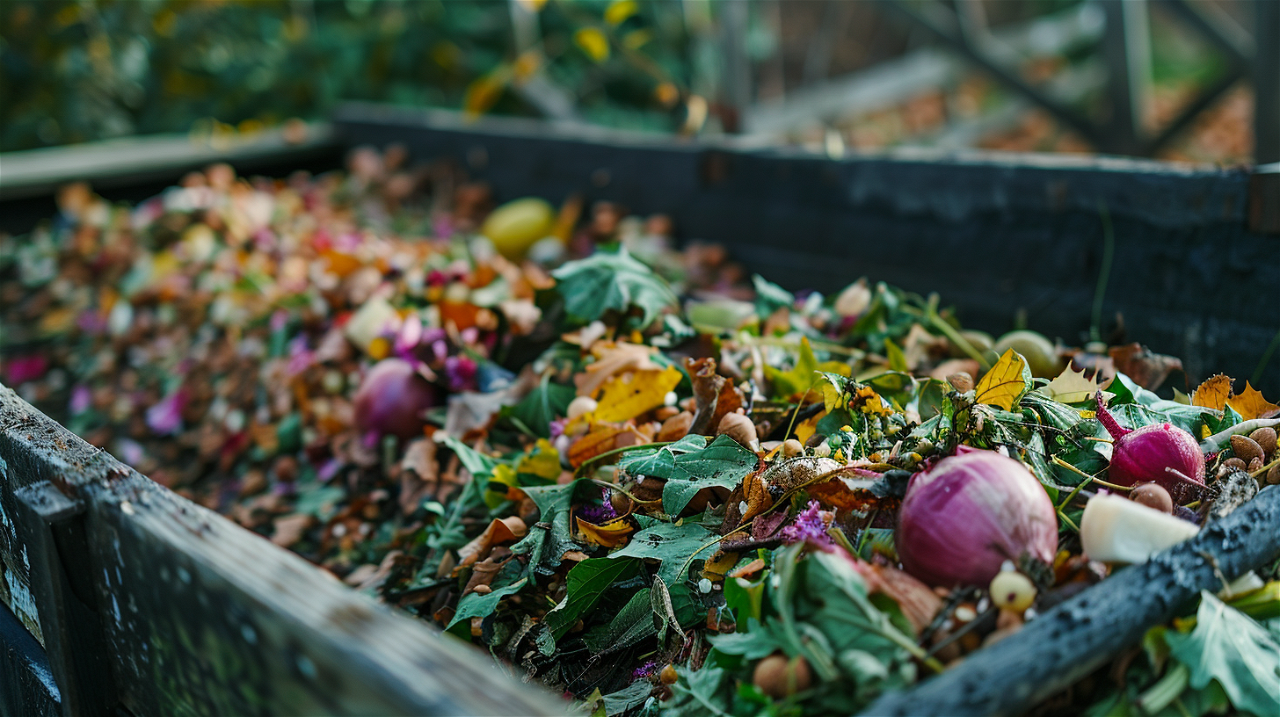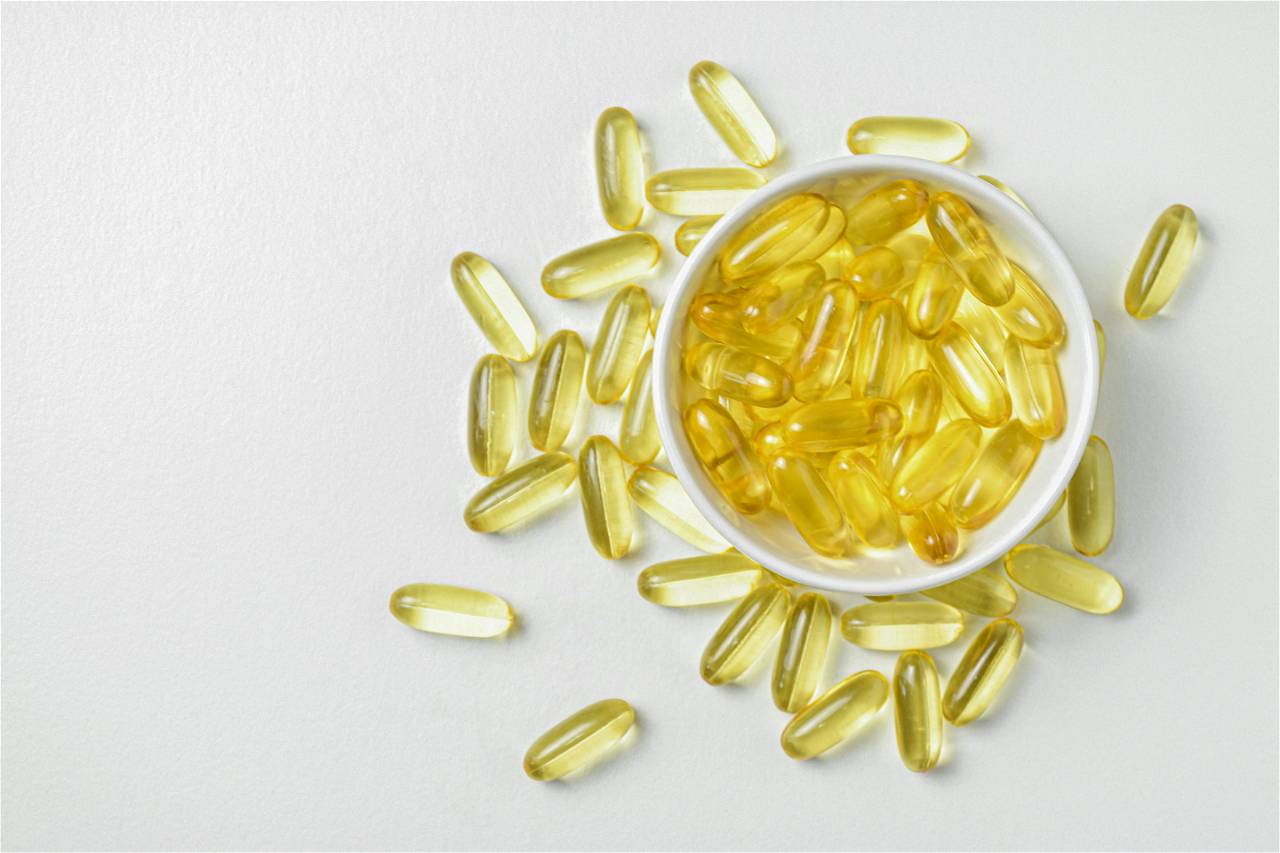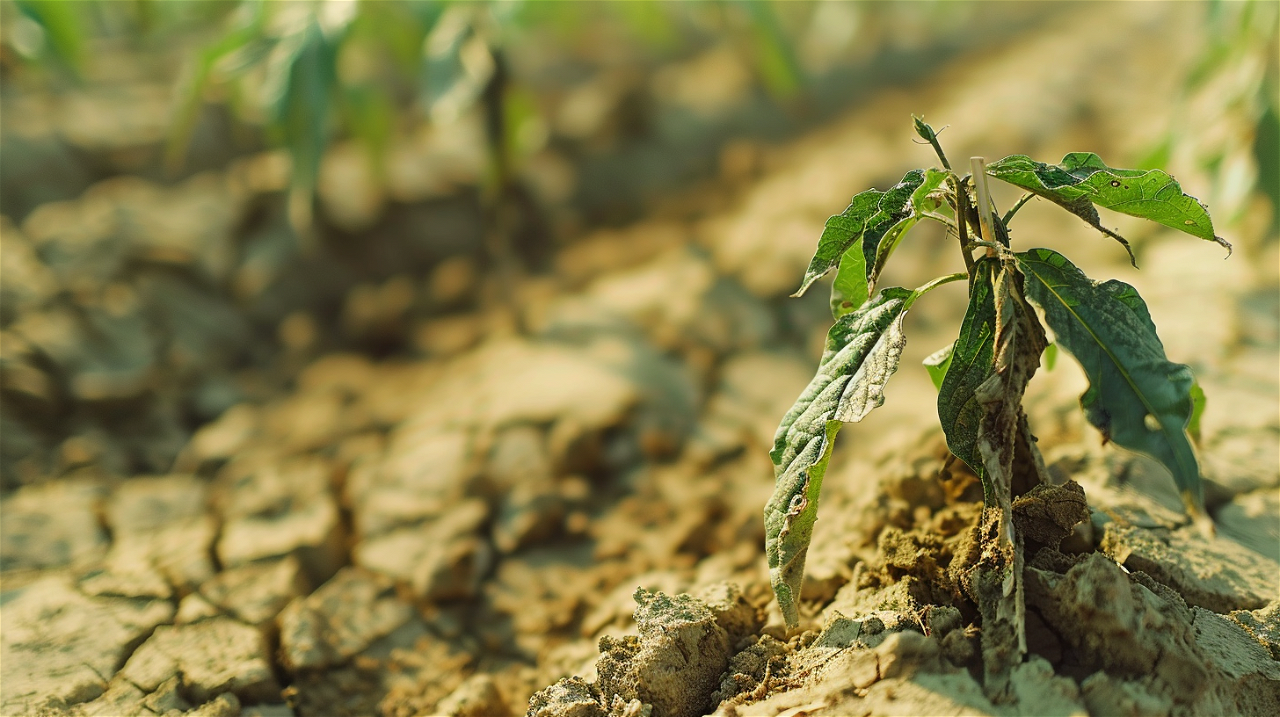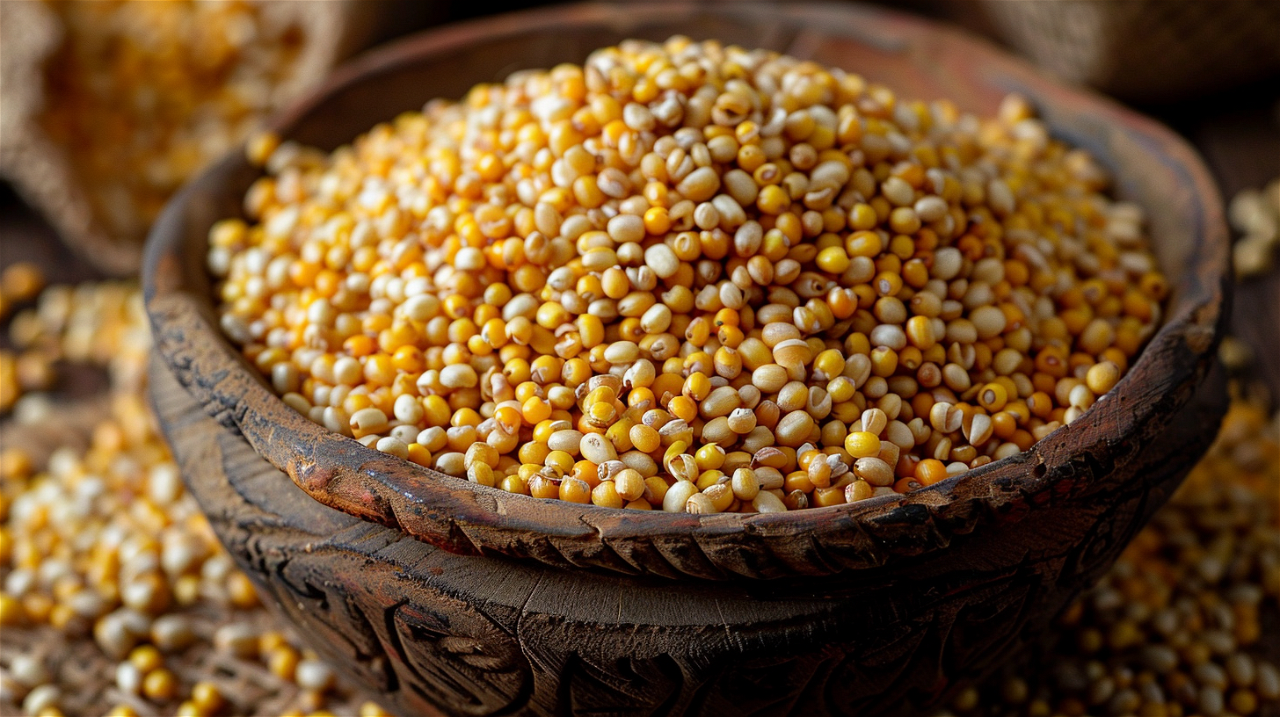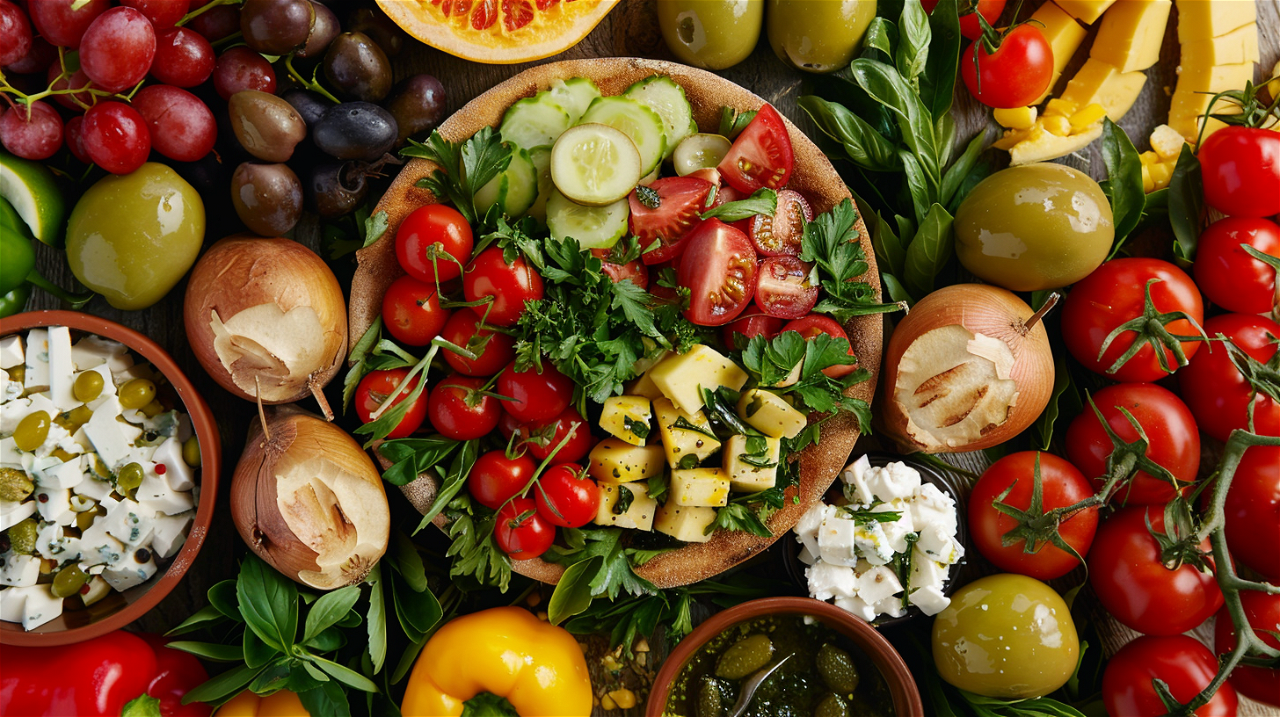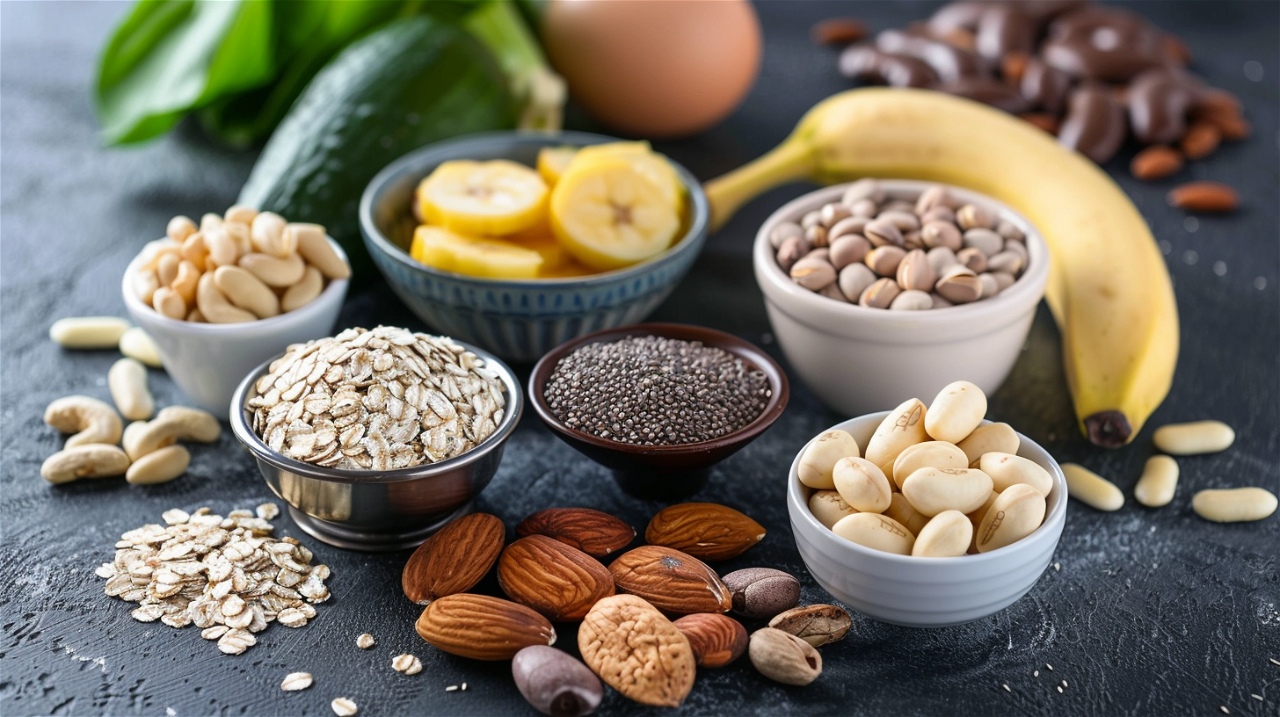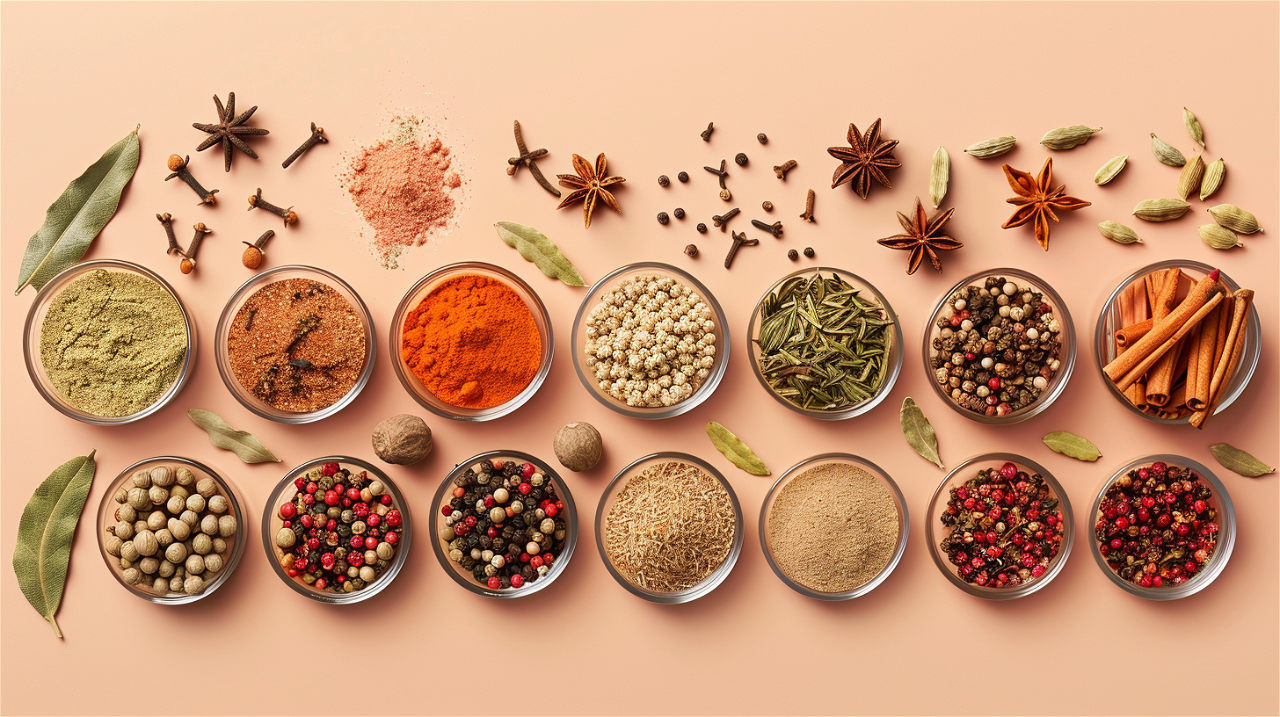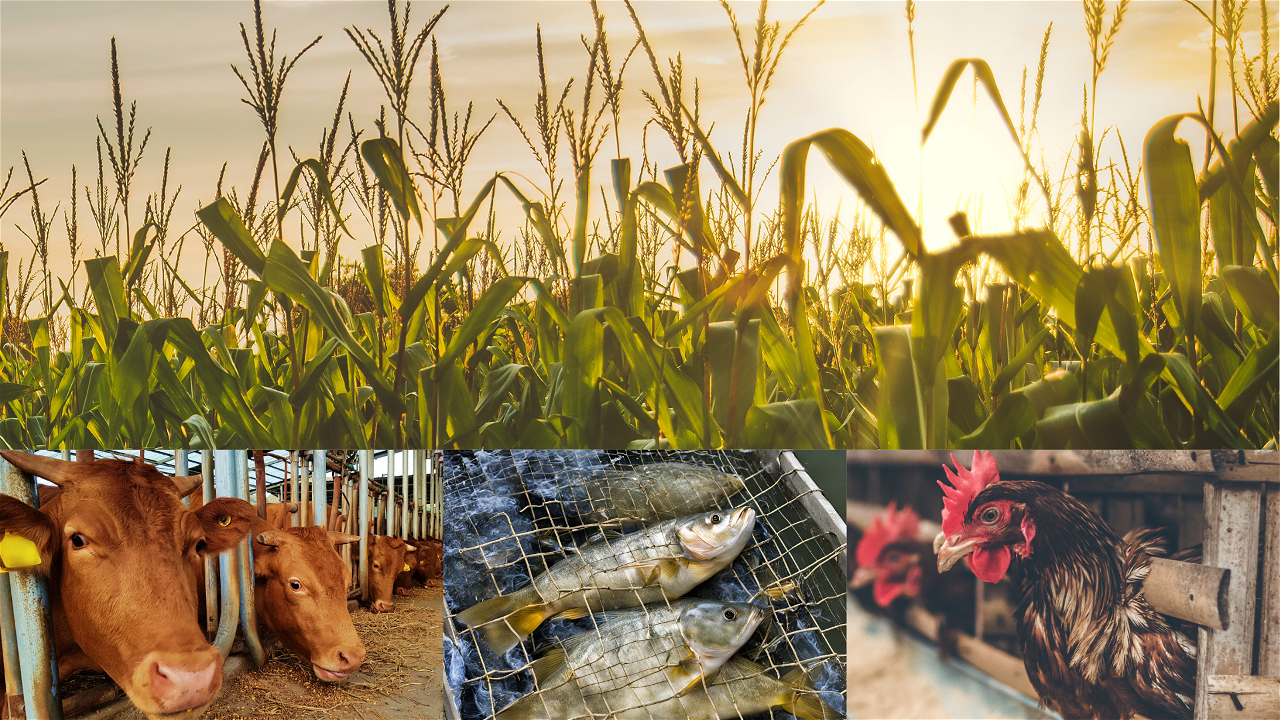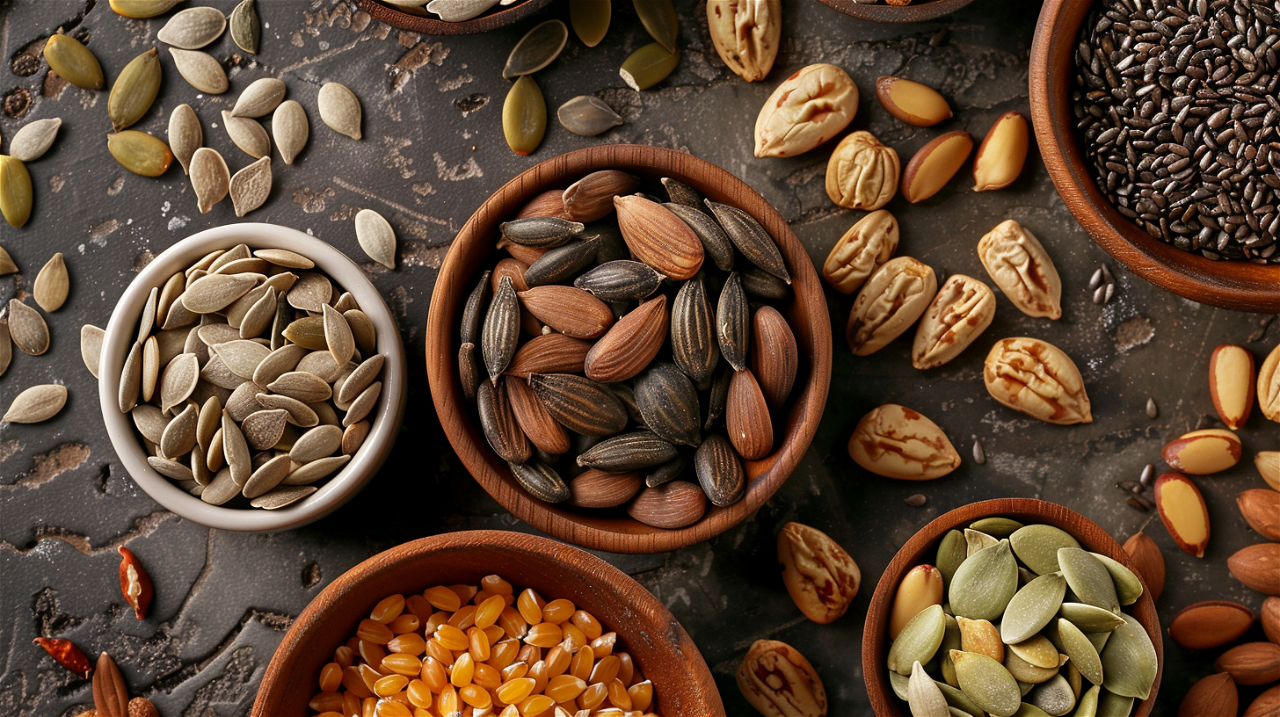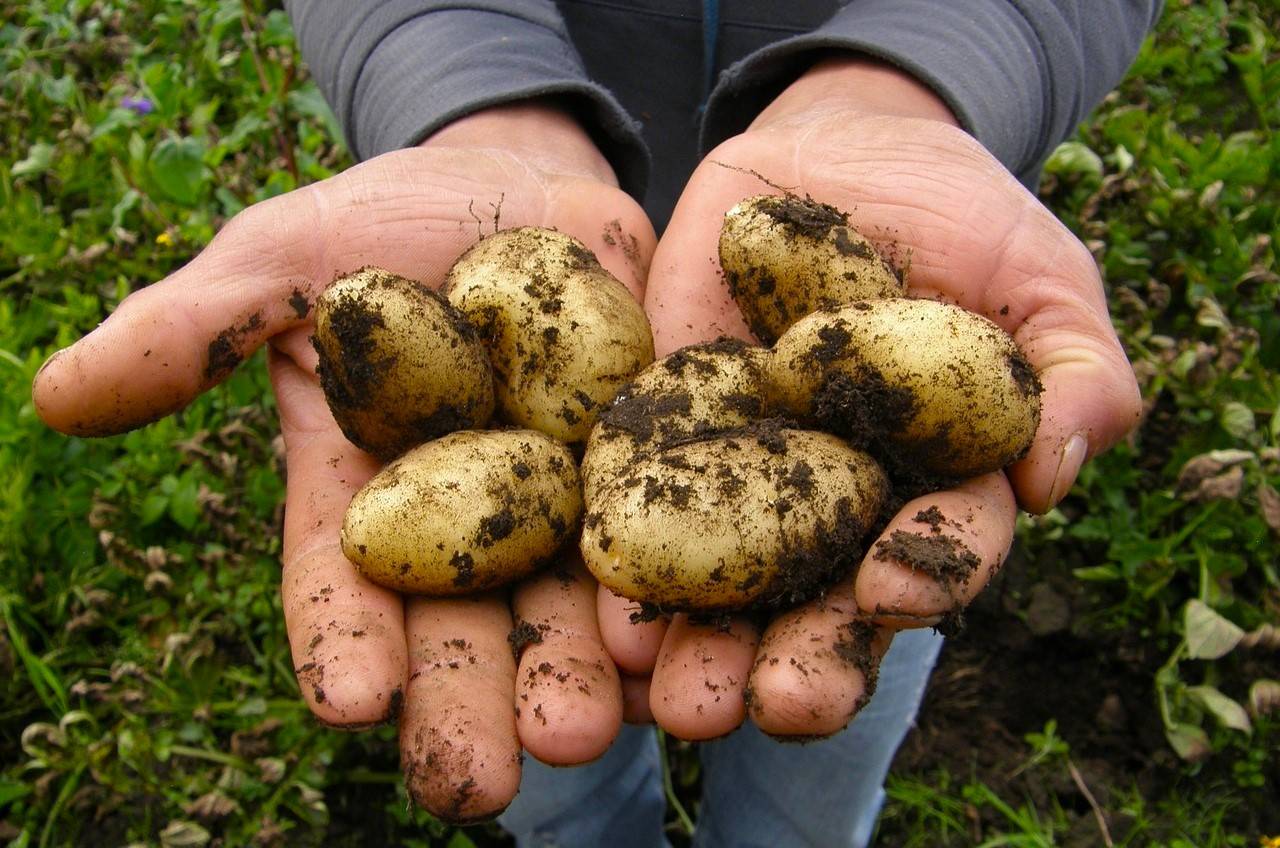
Food Processing Sector: A Key Driver of India's Economic Growth and Global Competitiveness
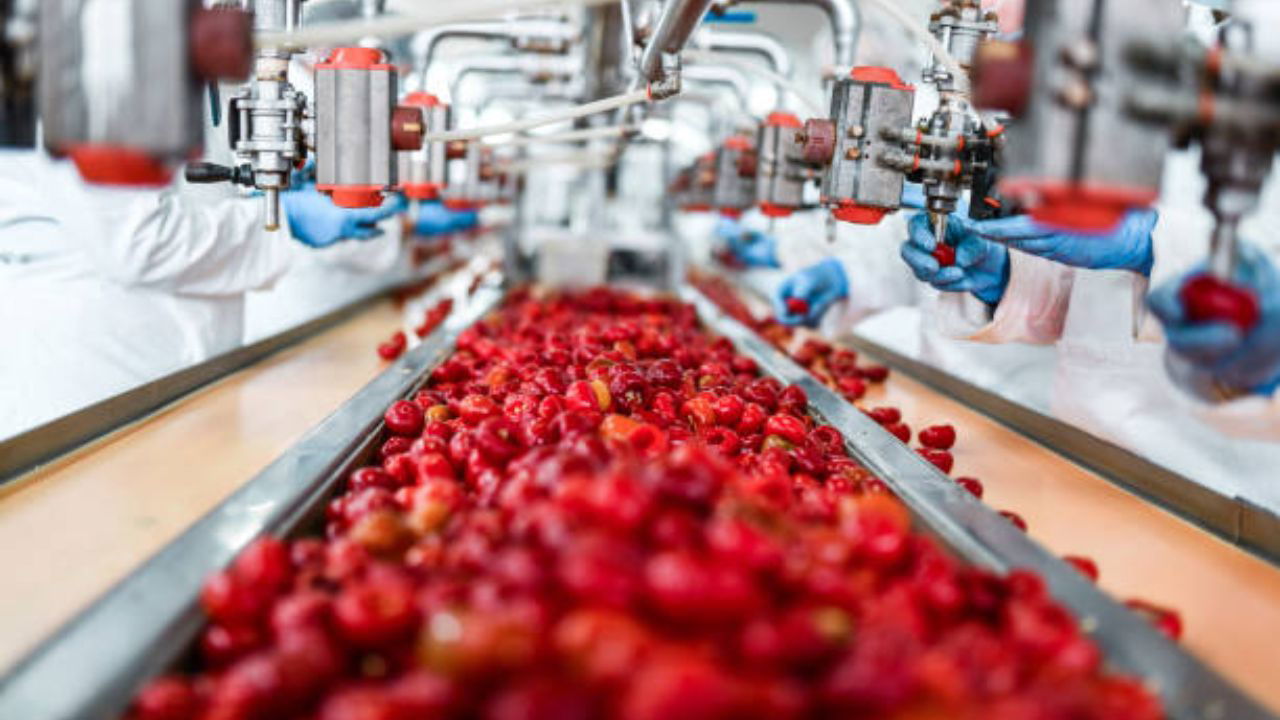
The Food Processing sector has emerged as a vital part of India's economy, contributing significantly to GDP, employment, and exports. Over the past seven years, ending in 2021-22, the FP sector has maintained an impressive Average Annual Growth Rate (AAGR) of 7.26%. The sector's Gross Value Added (GVA) also saw a steady increase from Rs 1.30 lakh crore in 2013-14 to Rs 2.08 lakh crore in 2021-22, showcasing its growing importance within the Indian economy.
Key Initiatives by the Ministry of Food Processing Industries (MoFPI)
- To boost the FP sector's growth and ensure its continued development, the Ministry of Food Processing Industries (MoFPI) has implemented several initiatives. Among them is the Pradhan Mantri Kisan Sampada Yojana (PMKSY), a central government scheme designed to create modern infrastructure and improve supply chain management from farm gate to retail outlets. By focusing on enhancing the development of food processing industries, PMKSY aims to reduce agricultural wastage, increase processing levels, and expand the export of processed foods.
- Additionally, MoFPI has launched the PM Formalisation of Micro Food Processing Enterprises (PMFME) scheme to offer financial, technical, and business support for establishing and upgrading two lakh micro food processing enterprises across India. The scheme, which spans from 2020-21 to 2024-25 with a budget of Rs 10,000 crore, is part of the broader Atmanirbhar Bharat initiative, promoting self-reliance and the formalization of the micro food processing sector.
- To position India as a global leader in food processing, MoFPI also introduced the Production Linked Incentive (PLI) scheme, running from 2021-22 to 2026-27. The PLI scheme focuses on creating global food champions and raising the visibility of Indian food brands in international markets. With an outlay of Rs 10,900 crore, the scheme aims to drive innovation, enhance productivity, and boost exports in the sector.
Enhancing Investment and Fostering Growth
MoFPI has taken several proactive steps to encourage investment in the food processing sector. These measures include:
- Exemption of all processed food items from licensing requirements under the Industries (Development and Regulation) Act, 1951.
- Allowing 100% Foreign Direct Investment (FDI) through the automatic route, subject to sectoral regulations.
- Permitting 100% FDI, under the government approval route, for trading food products manufactured or produced in India, including through e-commerce.
- Lowering GST rates for raw and processed food products, with more than 71.7% of food products classified under lower tax slabs of 0% and 5%.
These policies have made it easier for both domestic and international investors to participate in the sector's growth, leading to improved production capabilities, better infrastructure, and increased competitiveness in the global market.
Addressing Challenges in the Unorganized Food Processing Sector
India's unorganized FP sector consists of approximately 25 lakh unregistered and informal food processing enterprises, as per the National Sample Survey Office (NSSO) 2015 report. These micro-manufacturing units often face challenges such as limited access to credit, outdated technology and machinery, inadequate branding and marketing, and poor food safety and hygiene practices. The PMFME scheme aims to address these issues by providing targeted support to enhance the competitiveness and formalization of these enterprises.
As of January 31, 2024, under the PMFME scheme, significant progress has been made:
- 72,556 loans have been sanctioned, including 1,175 in Odisha, benefiting micro food processing enterprises through credit-linked subsidies.
- Rs 771.12 crore has been distributed as seed capital to 2,36,704 Self-Help Group (SHG) members, including Rs 67.91 crore for 23,400 SHG members in Odisha.
- 62,140 beneficiaries have received training through the Food Processing Entrepreneurship Development Program, with 6,439 trained in Odisha.
- 14 ODOP (One District One Product) brands and 166 products have been successfully launched, reflecting the scheme’s success in promoting local food products.
Central Sector Schemes for Sectoral Development
MoFPI continues to implement key central sector schemes like PMKSY and PLIS for the overall development of the FP sector. These schemes focus on creating modern infrastructure, ensuring efficient supply chains, and boosting both domestic and export markets for processed foods. The primary objectives include reducing food wastage, providing better returns to farmers, creating employment opportunities, and enhancing processing levels across the country.
Under PMKSY, MoFPI has approved various projects with a total outlay of Rs 5,520 crore for the 15th Finance Commission Cycle. By June 2024, the ministry had sanctioned:
- 41 Mega Food Parks
- 399 Cold Chain projects
- 76 Agro-Processing Clusters
- 588 Food Processing Units
- 61 Backward & Forward Linkage Projects
- 52 Operation Greens projects
These projects are designed to modernize the food processing infrastructure, create value-added products, and support efficient supply chain systems to benefit farmers and enterprises alike.
Similarly, under the PLISFPI scheme, which runs from 2021-22 to 2026-27, MoFPI aims to create global food champions. As of June 2024, 172 food processing companies had been sanctioned assistance under various categories of the scheme. The total outlay for PLISFPI is Rs 10,900 crore, which will be used to enhance the visibility of Indian food products in the global market.
Research and Development (R&D) Support
To promote innovation in the food processing sector, MoFPI extends financial assistance to research institutions and private sector R&D units recognized by the Council of Scientific & Industrial Research (CSIR). These institutions are engaged in demand-driven R&D projects related to food processing. Since 2017-18, MoFPI has approved 72 research projects with a total subsidy of Rs 26.12 crore. Additionally, institutions like the National Institute of Food Technology, Entrepreneurship & Management (NIFTEM) in Kundli and Thanjavur are actively involved in R&D activities under MoFPI’s administrative control.
India’s food processing sector has become a cornerstone of economic growth, offering significant contributions to GDP, employment, and exports. Through the initiatives and support provided by the Ministry of Food Processing Industries, the sector continues to evolve, creating new opportunities for farmers, entrepreneurs, and investors. With a focus on infrastructure development, innovation, and global competitiveness, the FP sector is well-positioned to drive India's economic success in the coming years.
Related News

Teej Festival 2025: Celebrating Divine Love, Womanhood, and Sacred Traditions Across India and Nepal



















































































































































